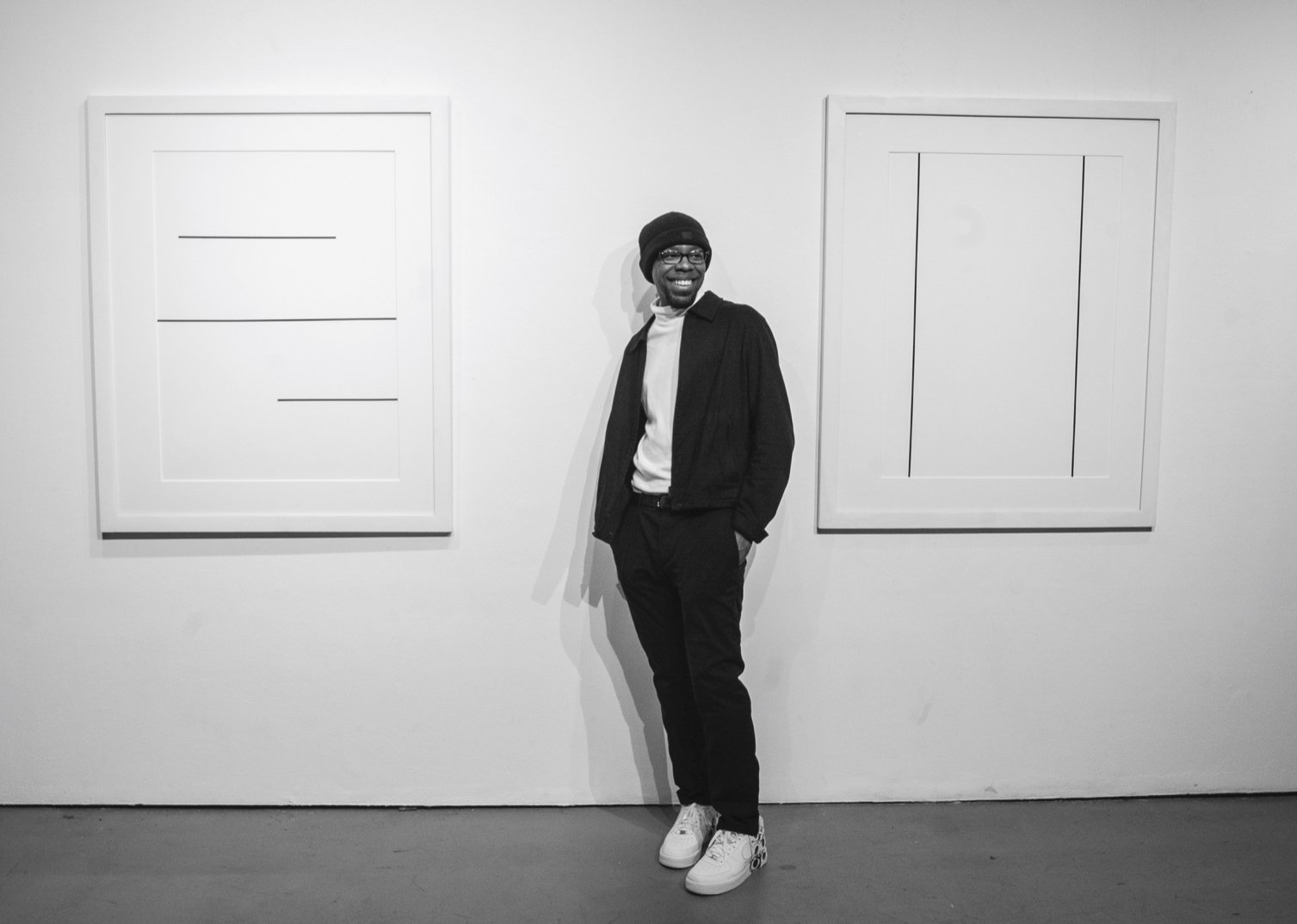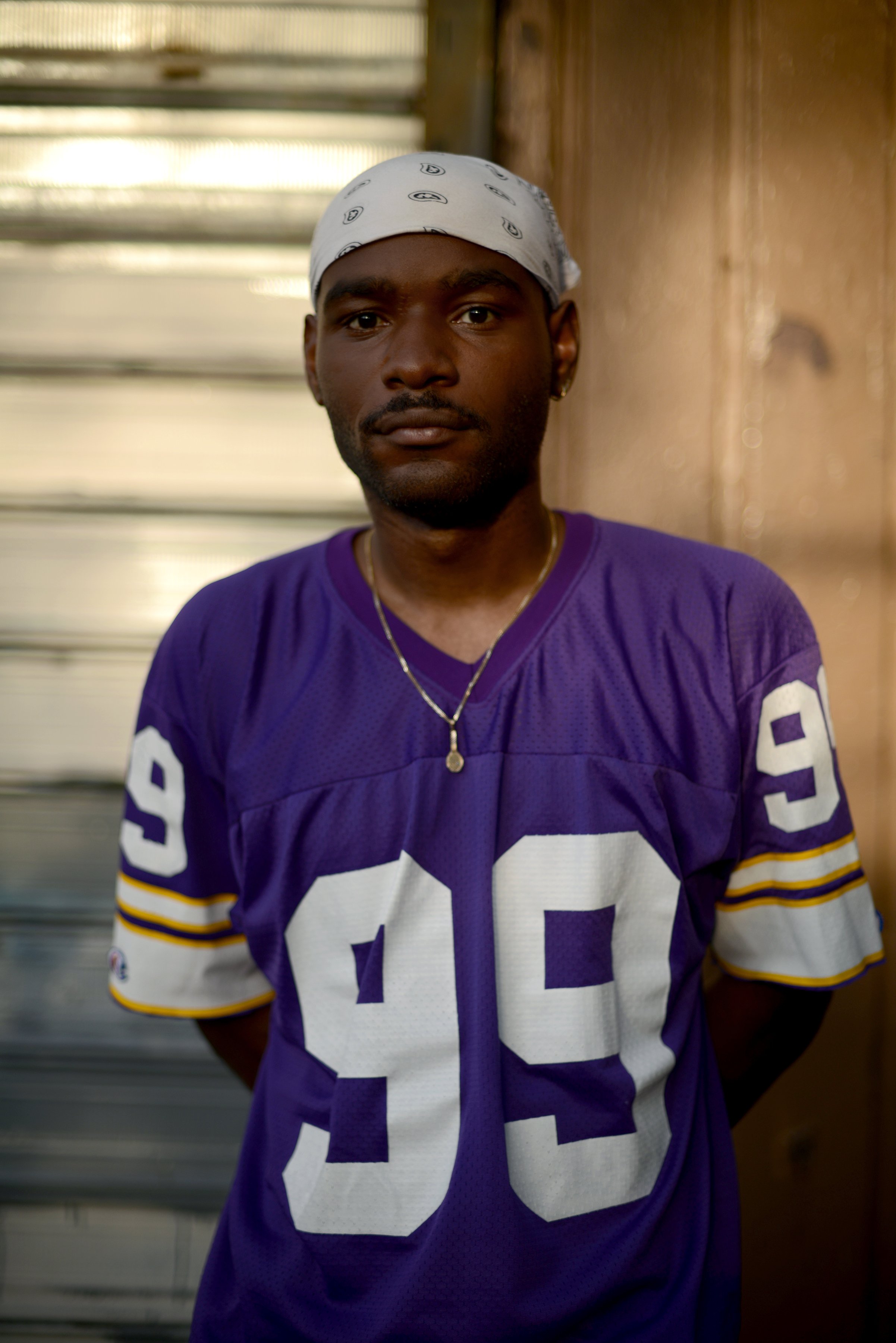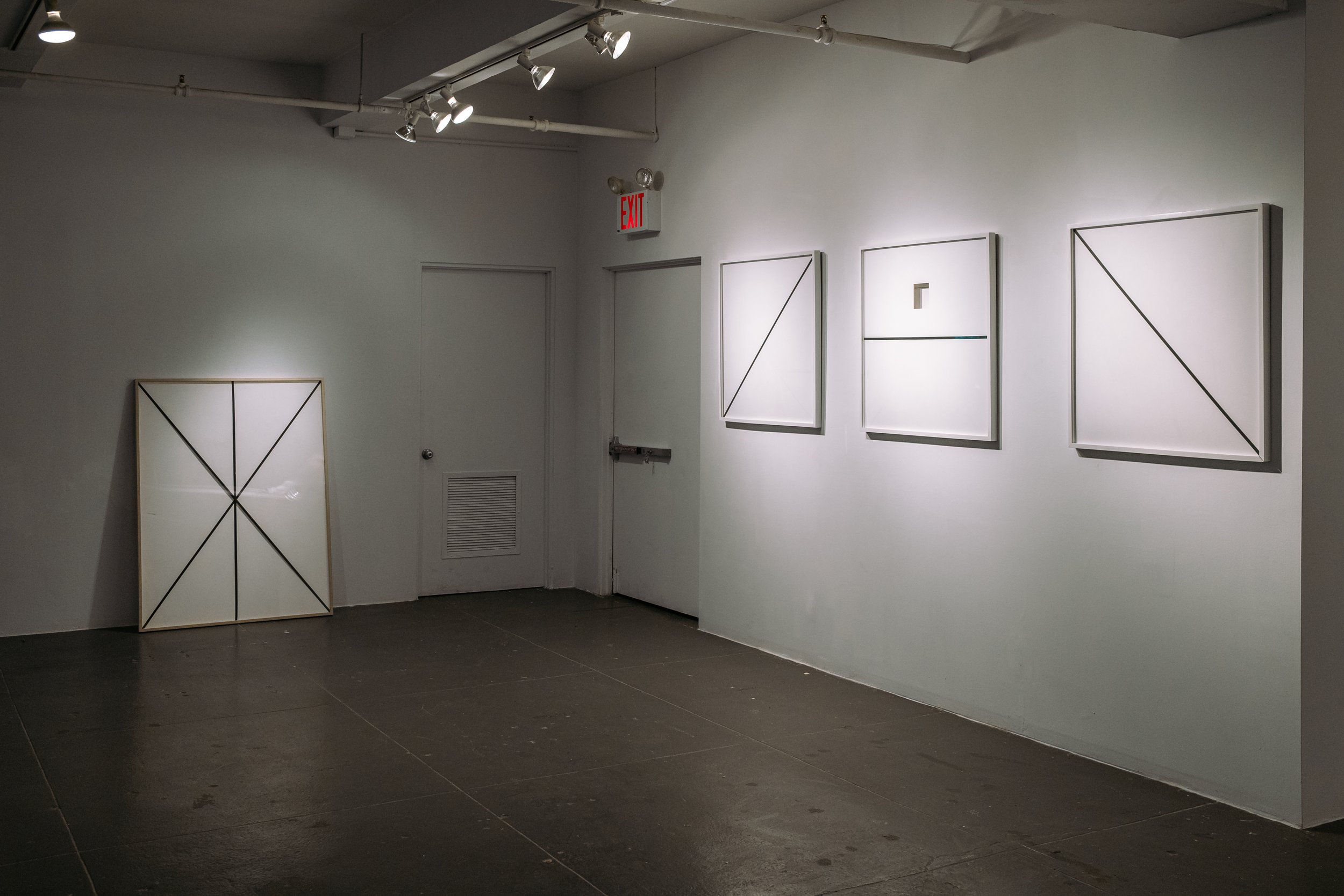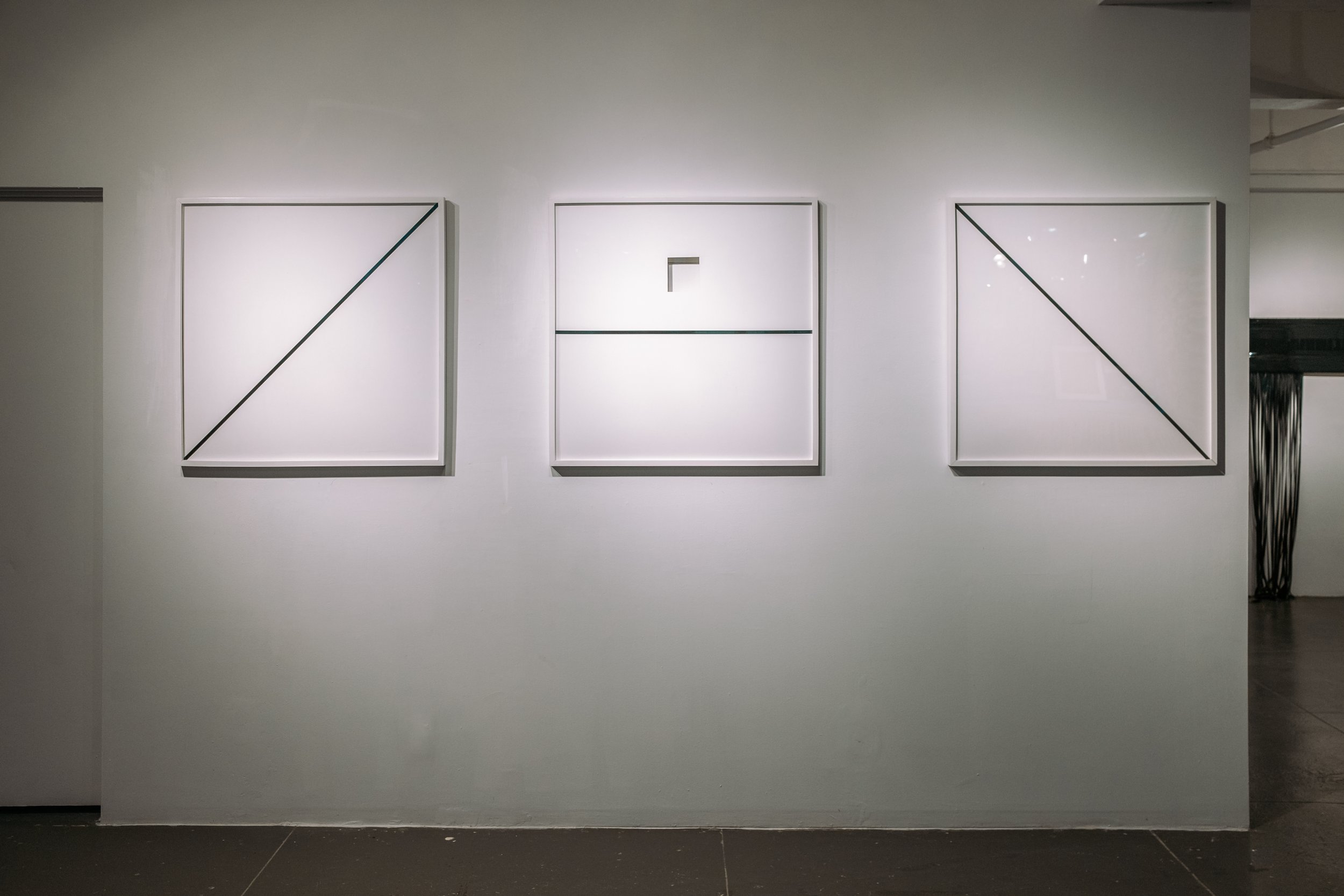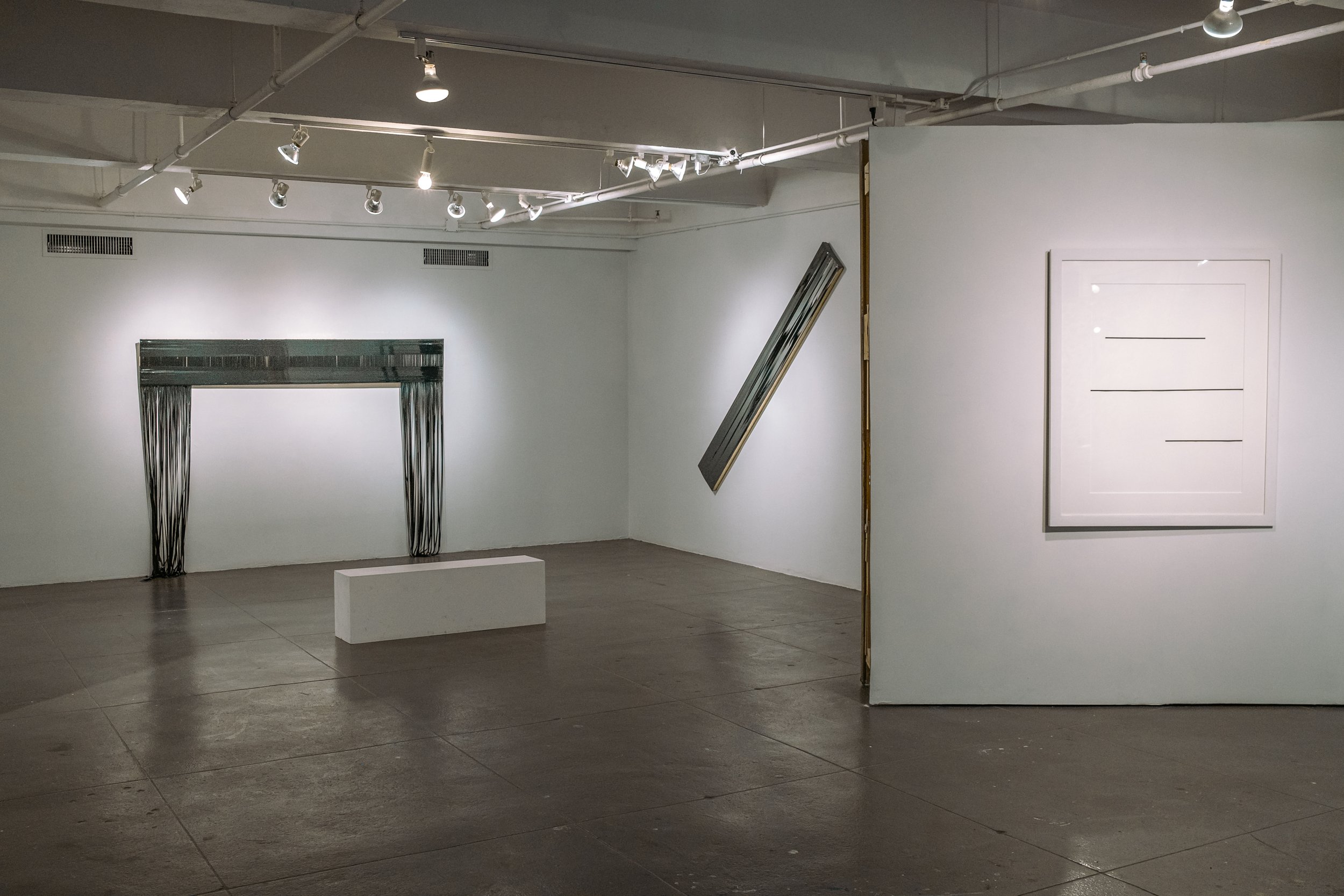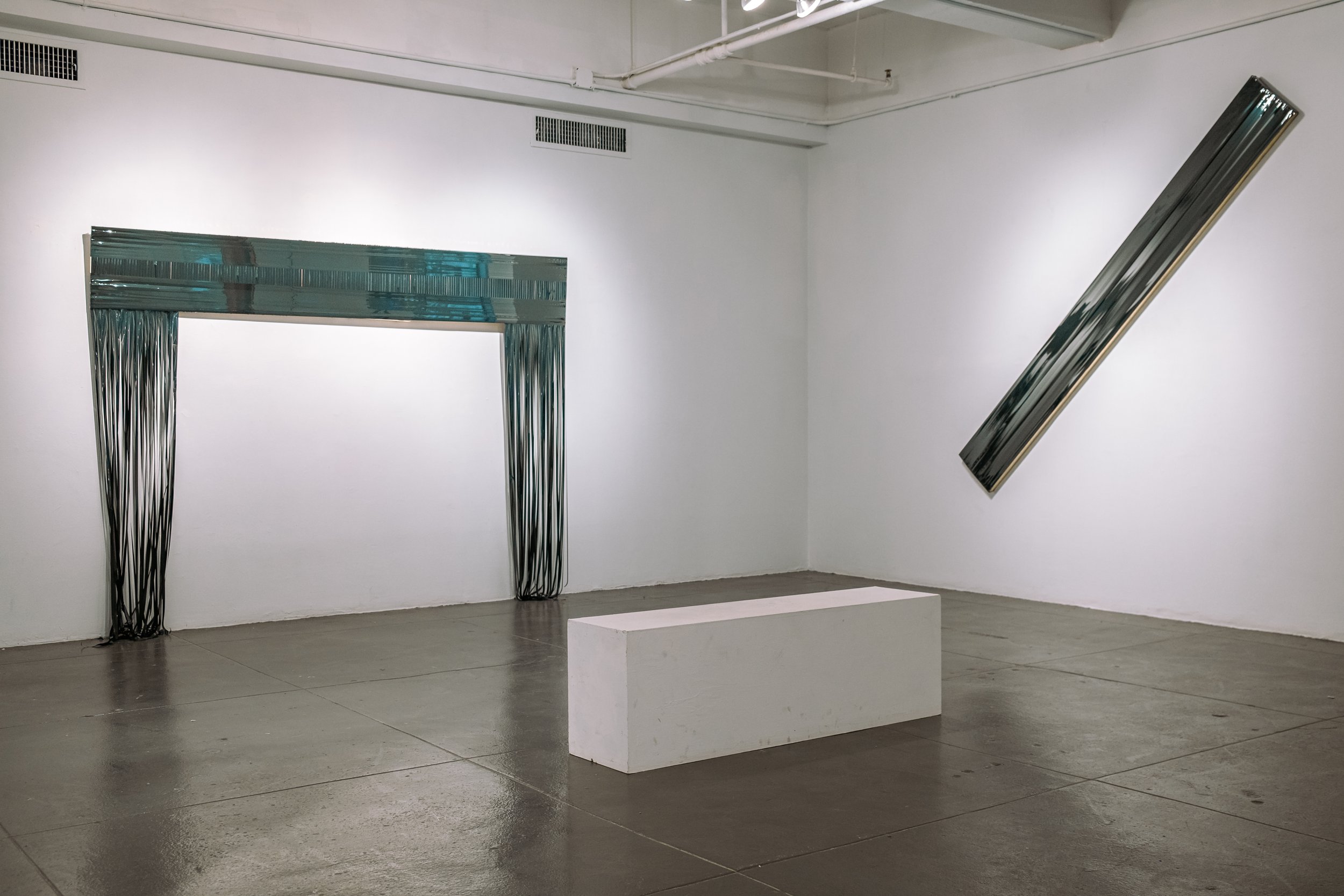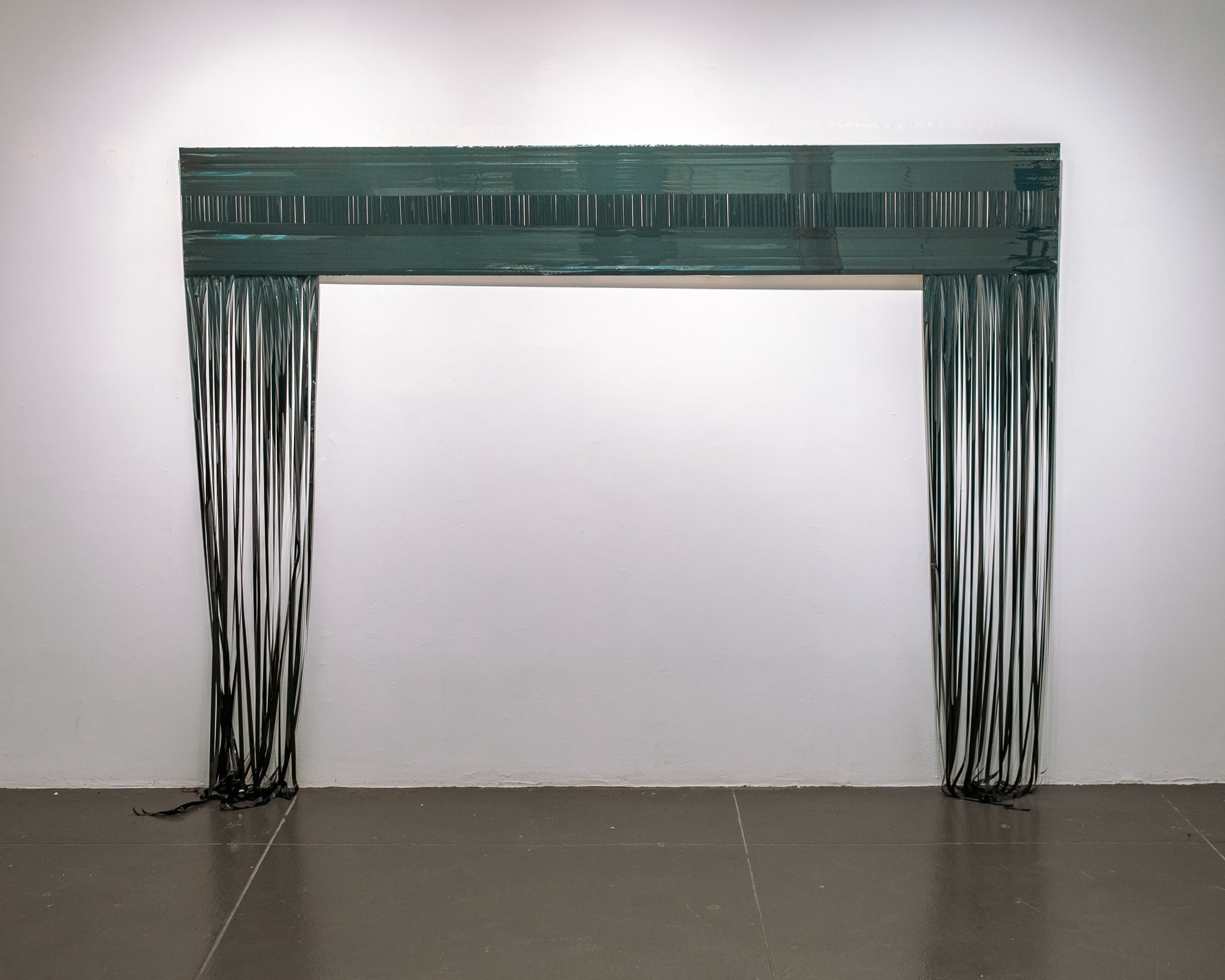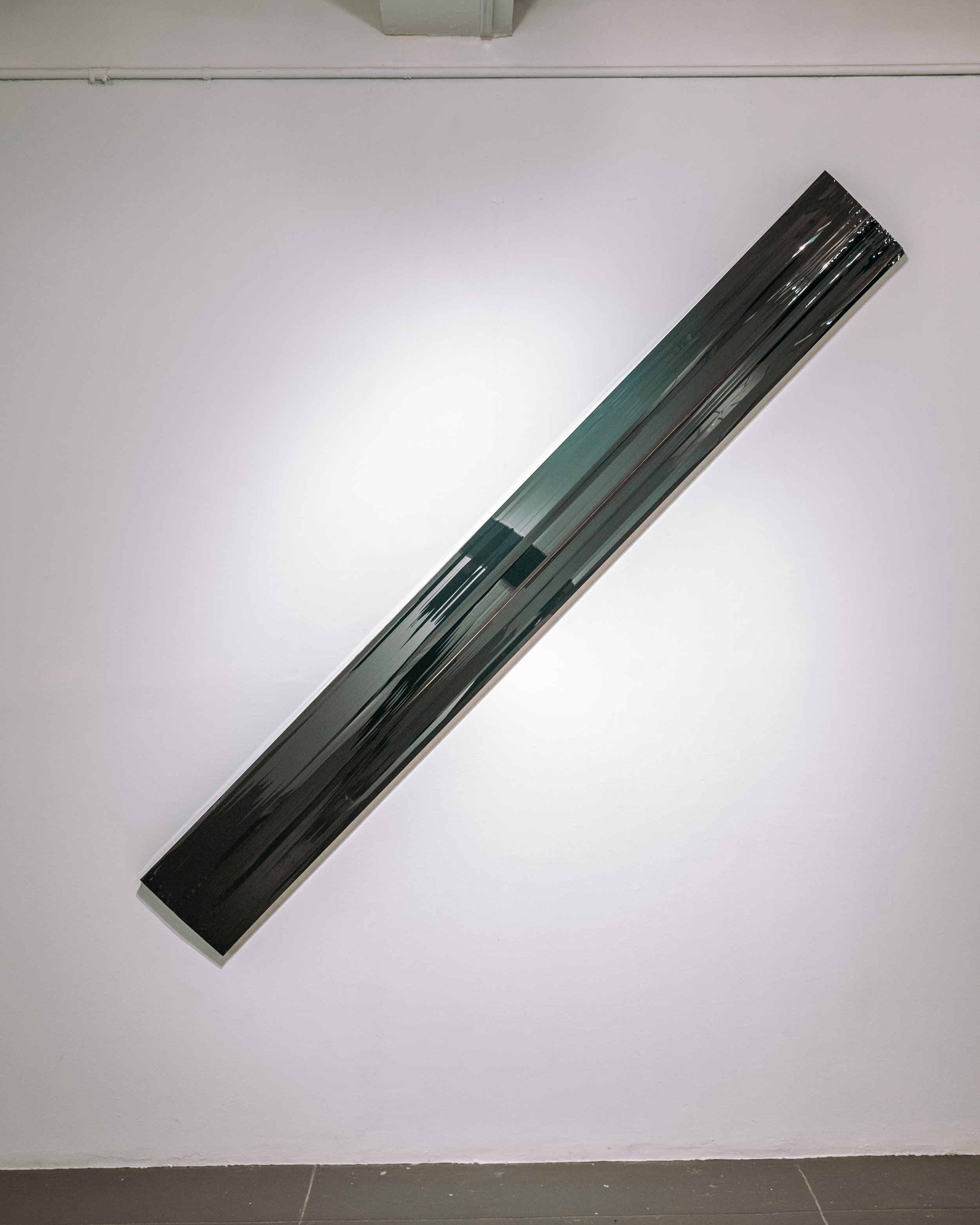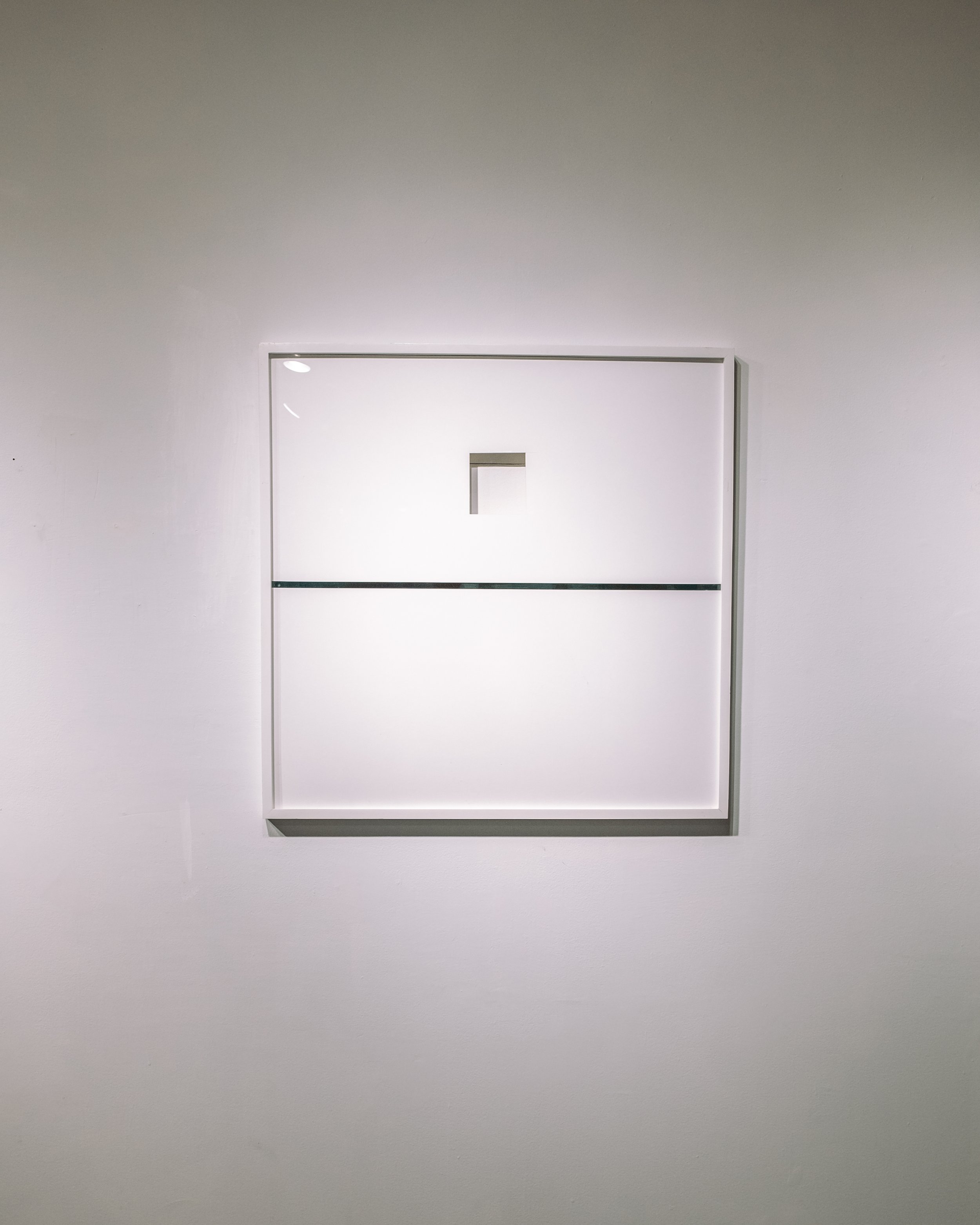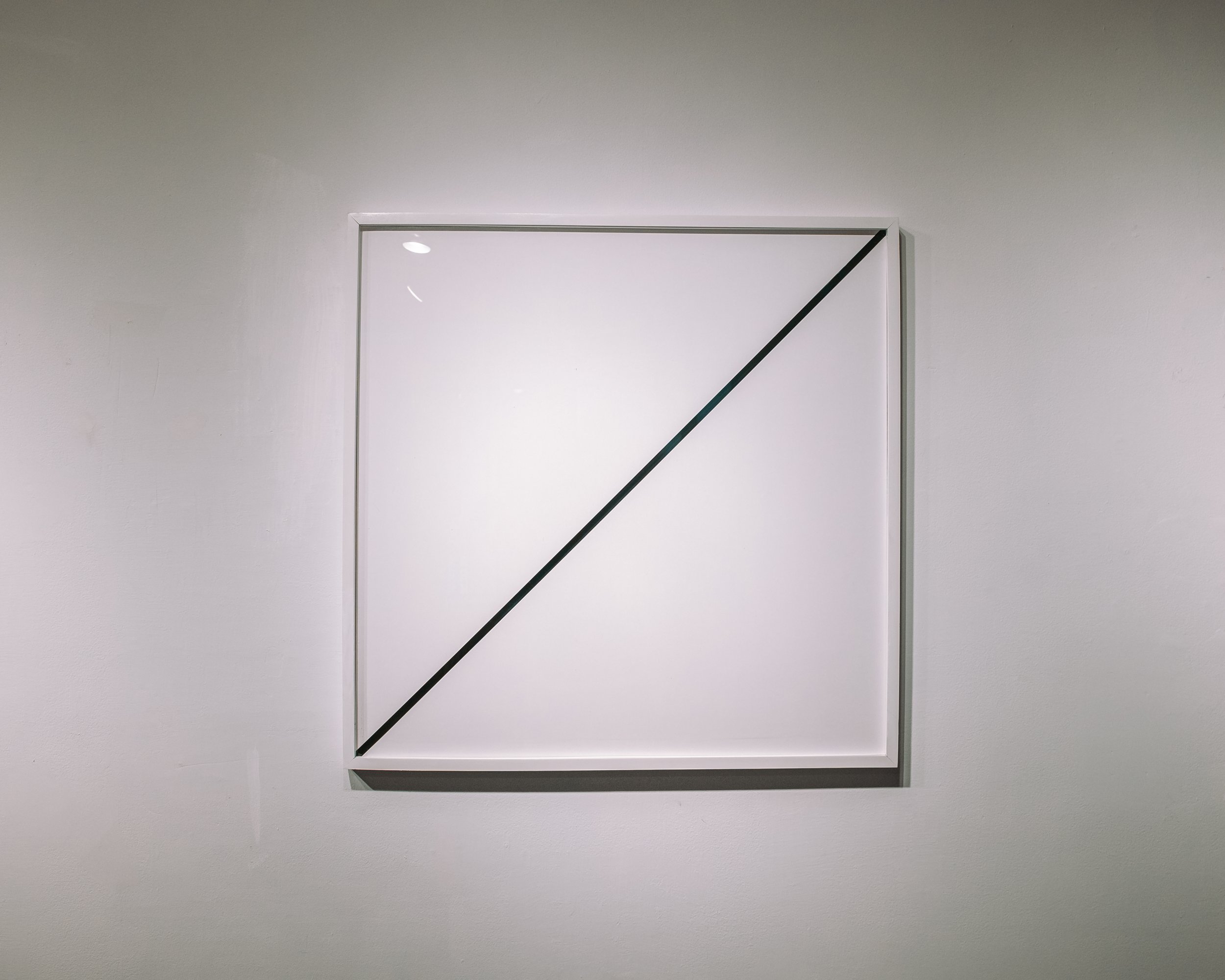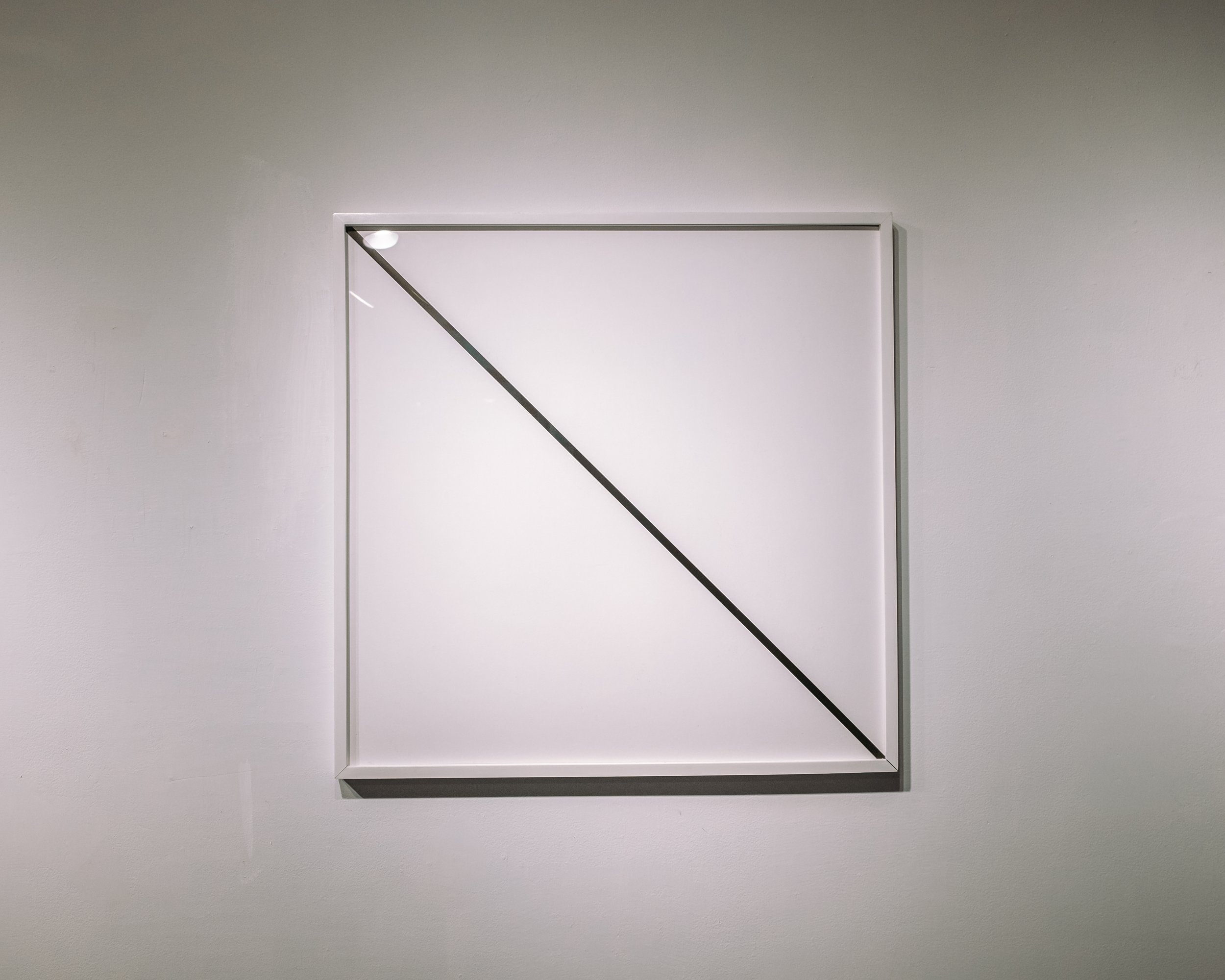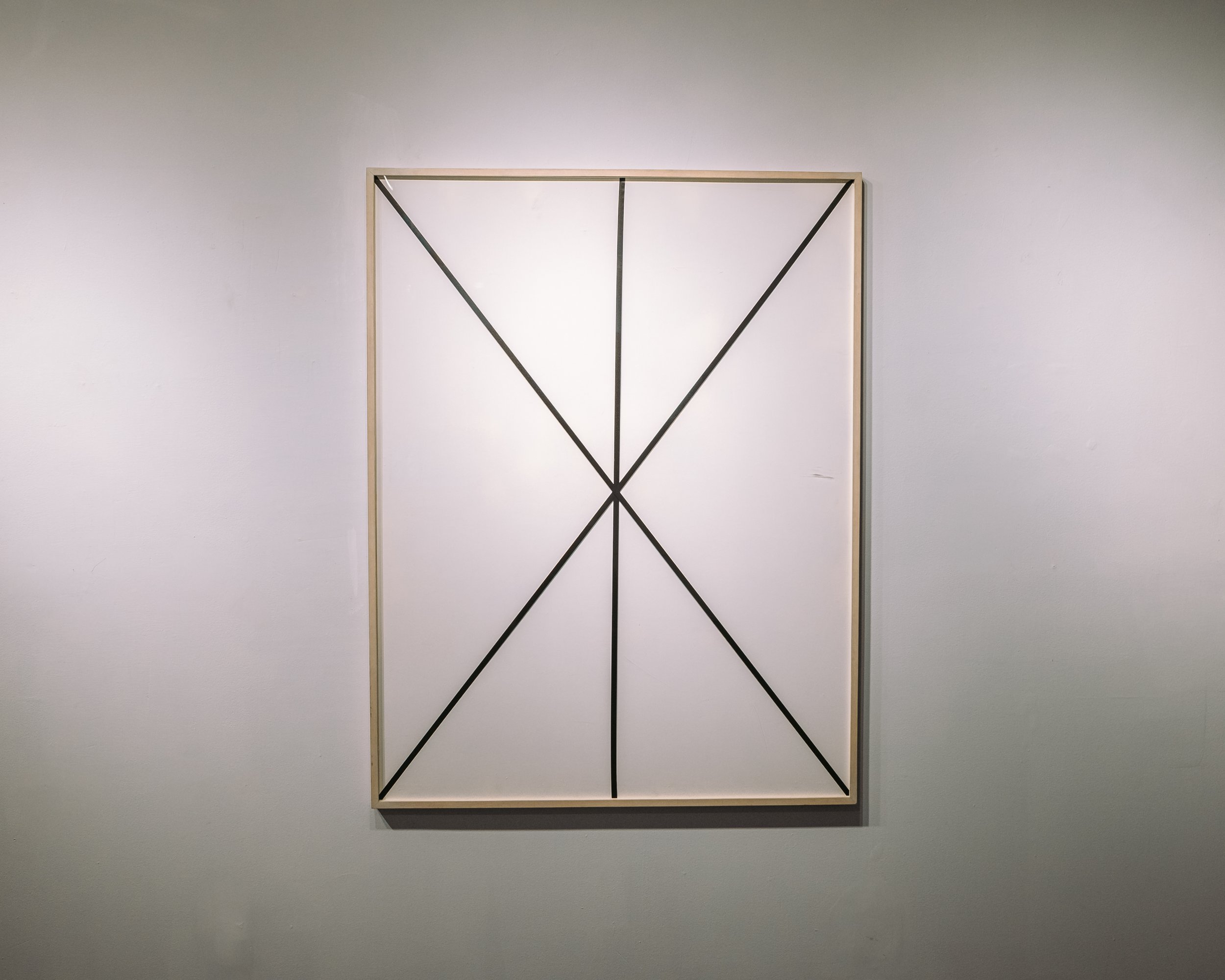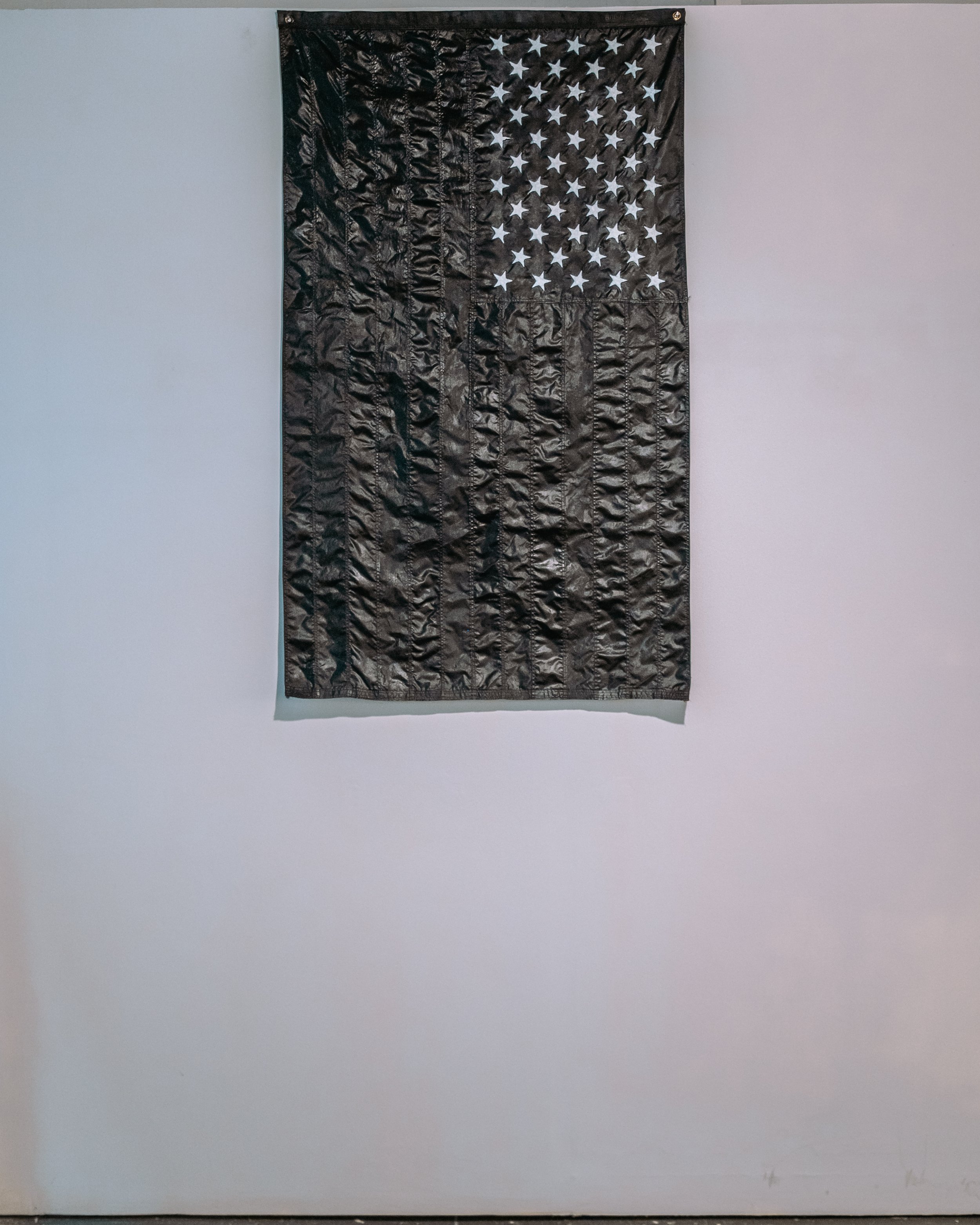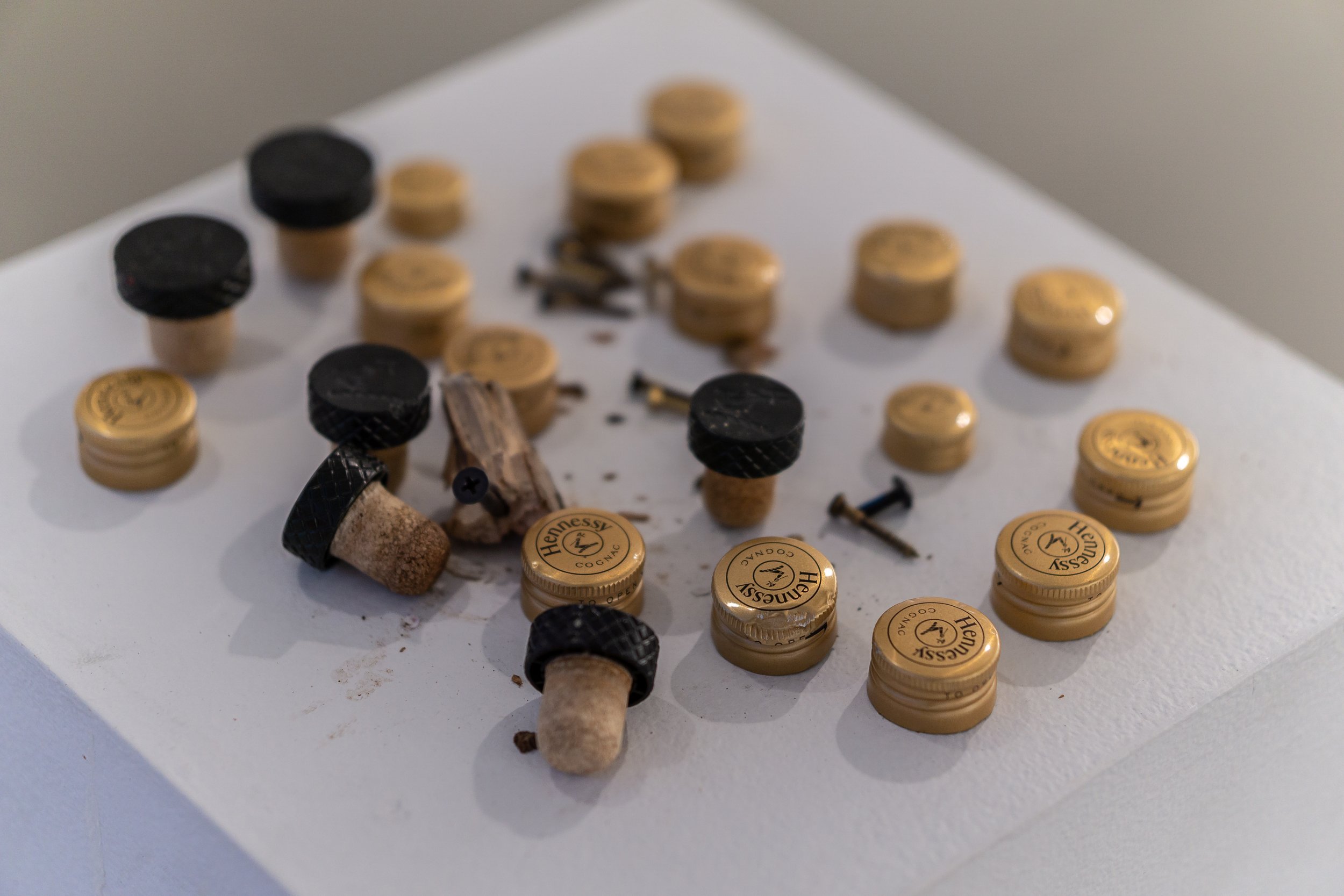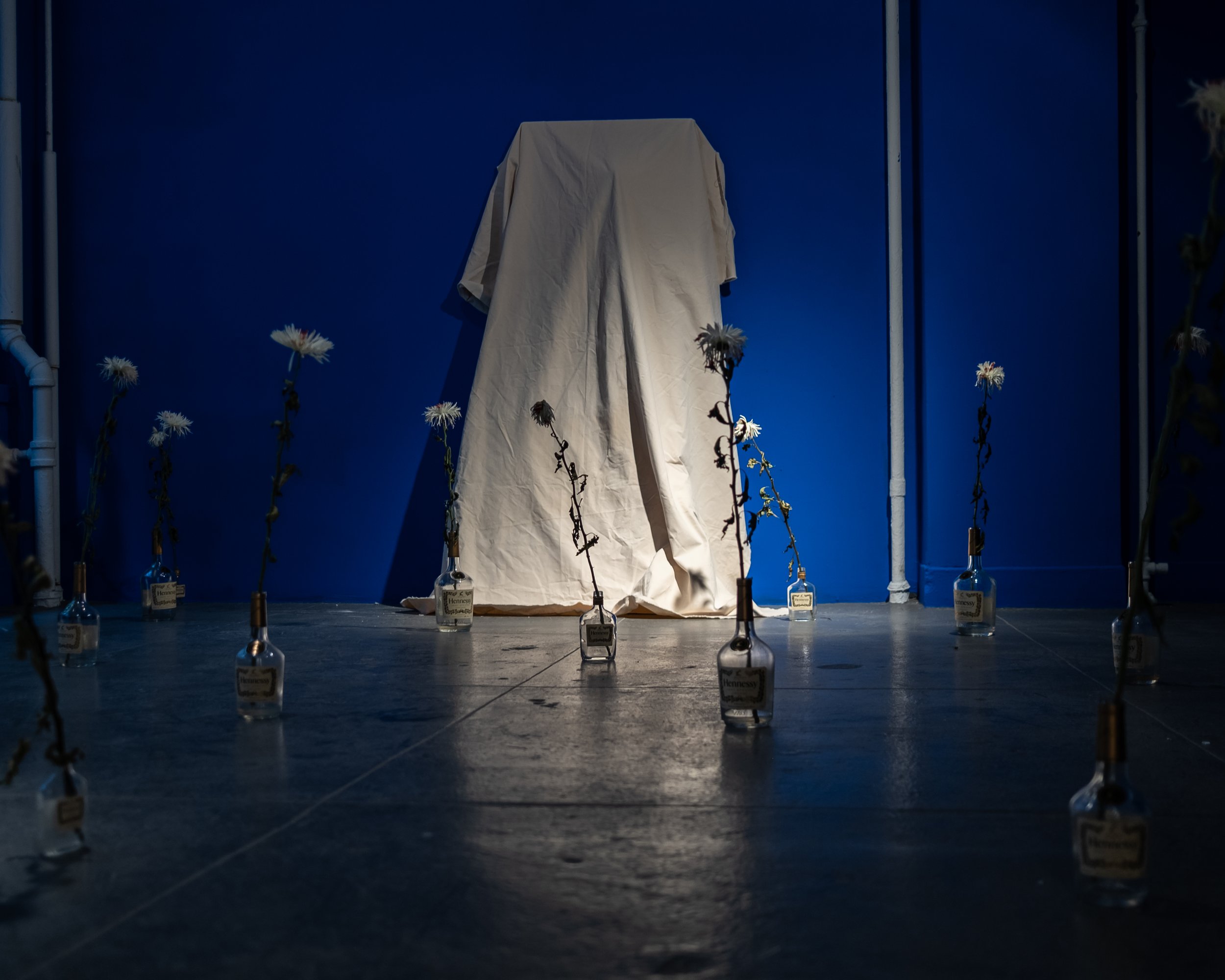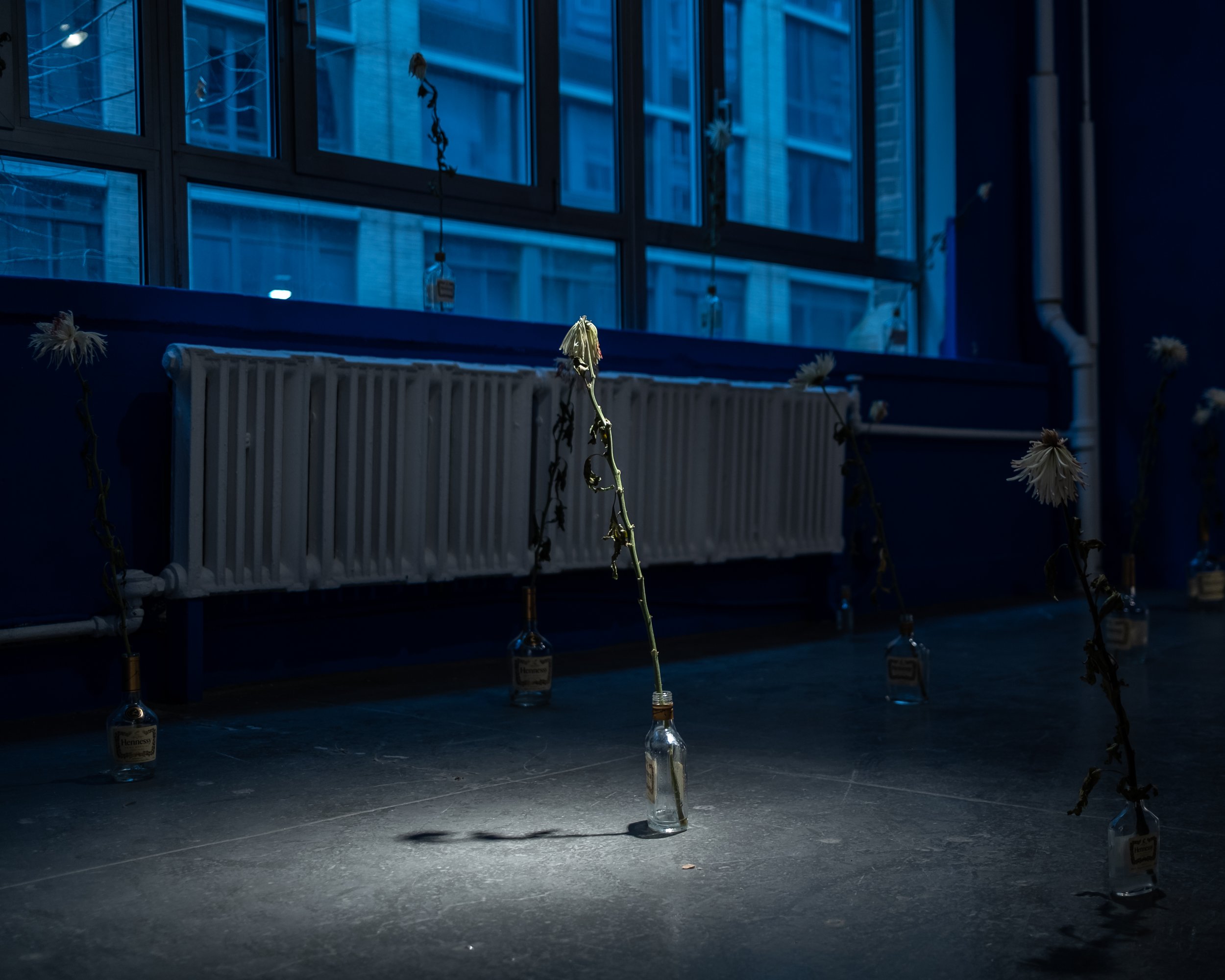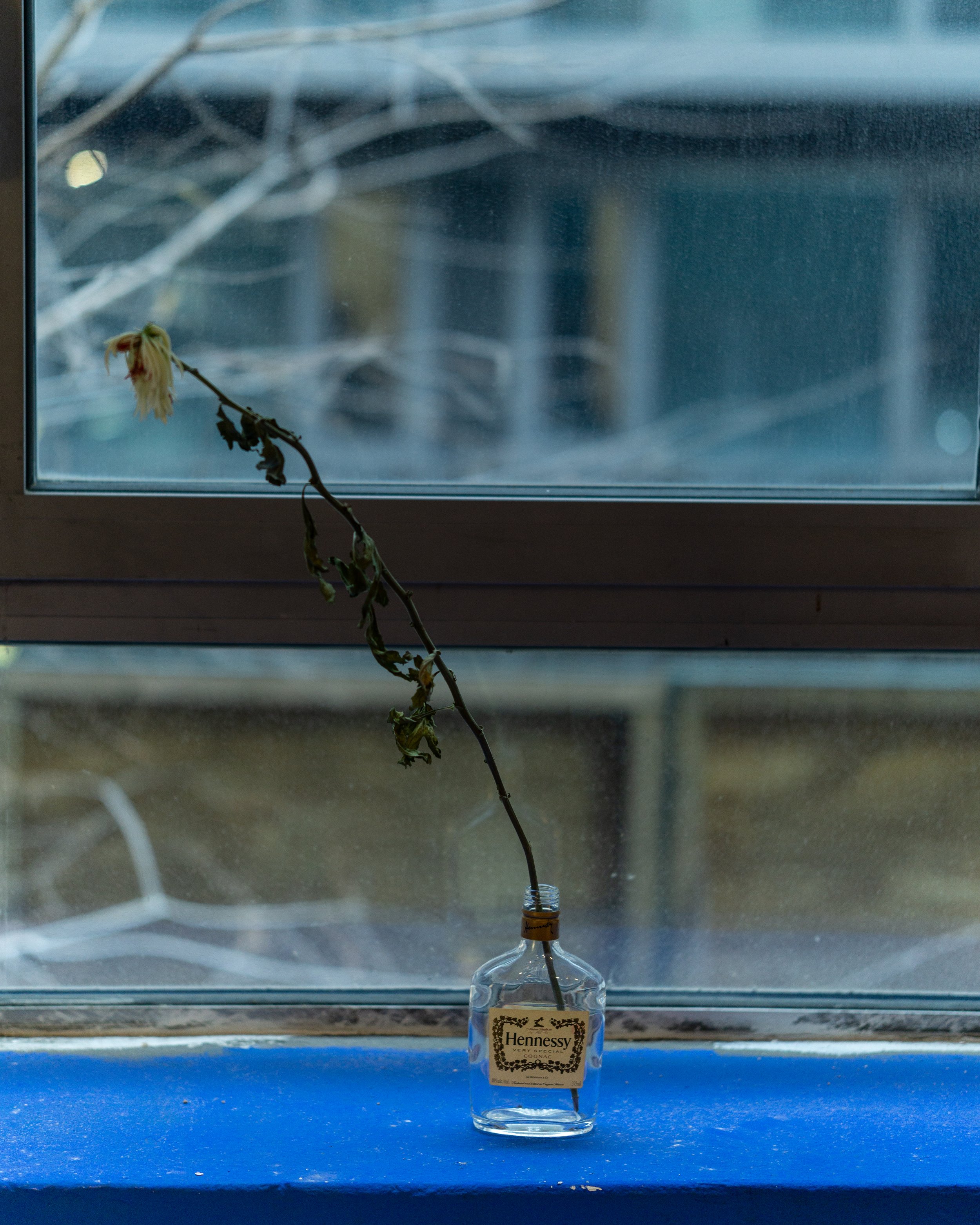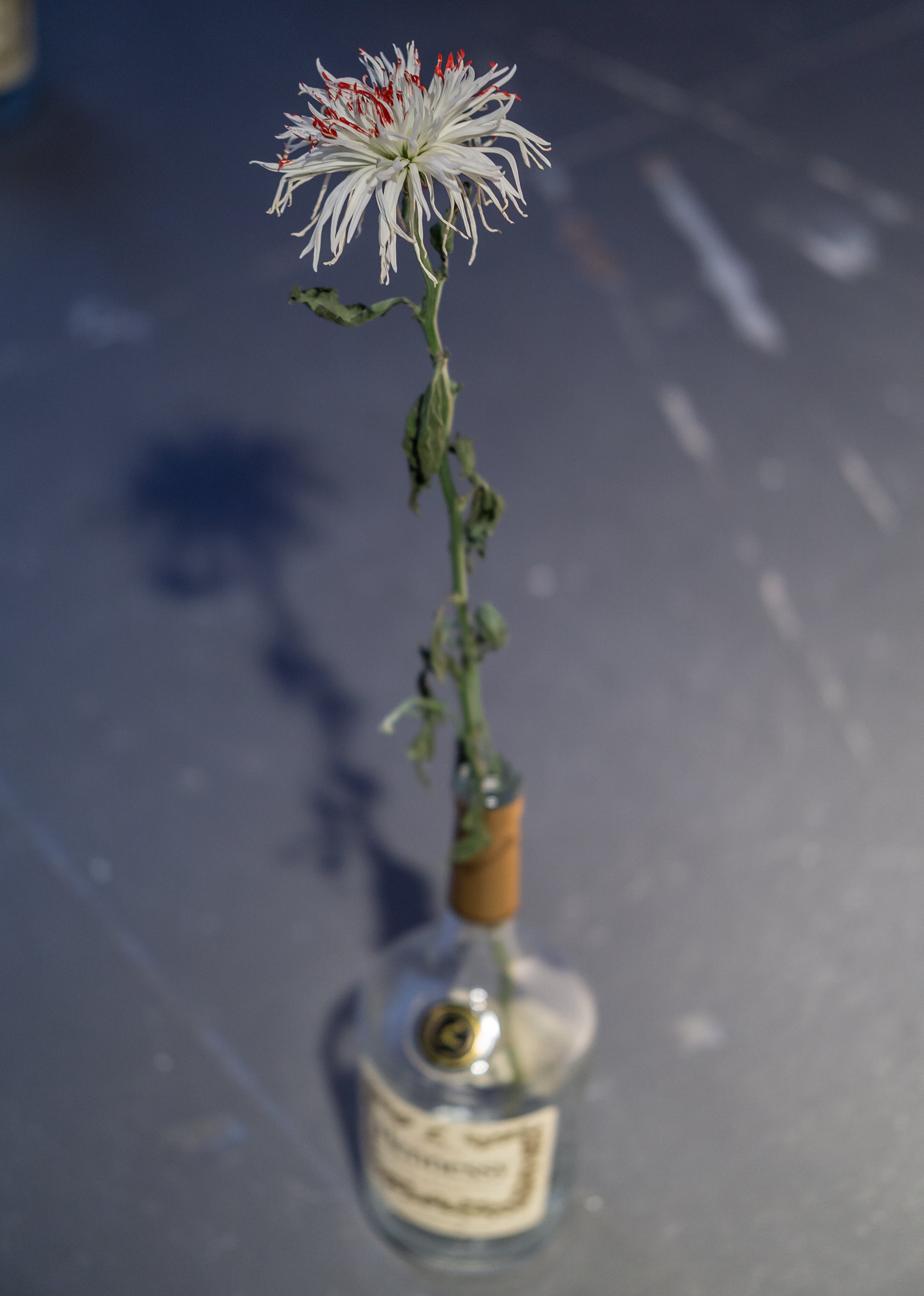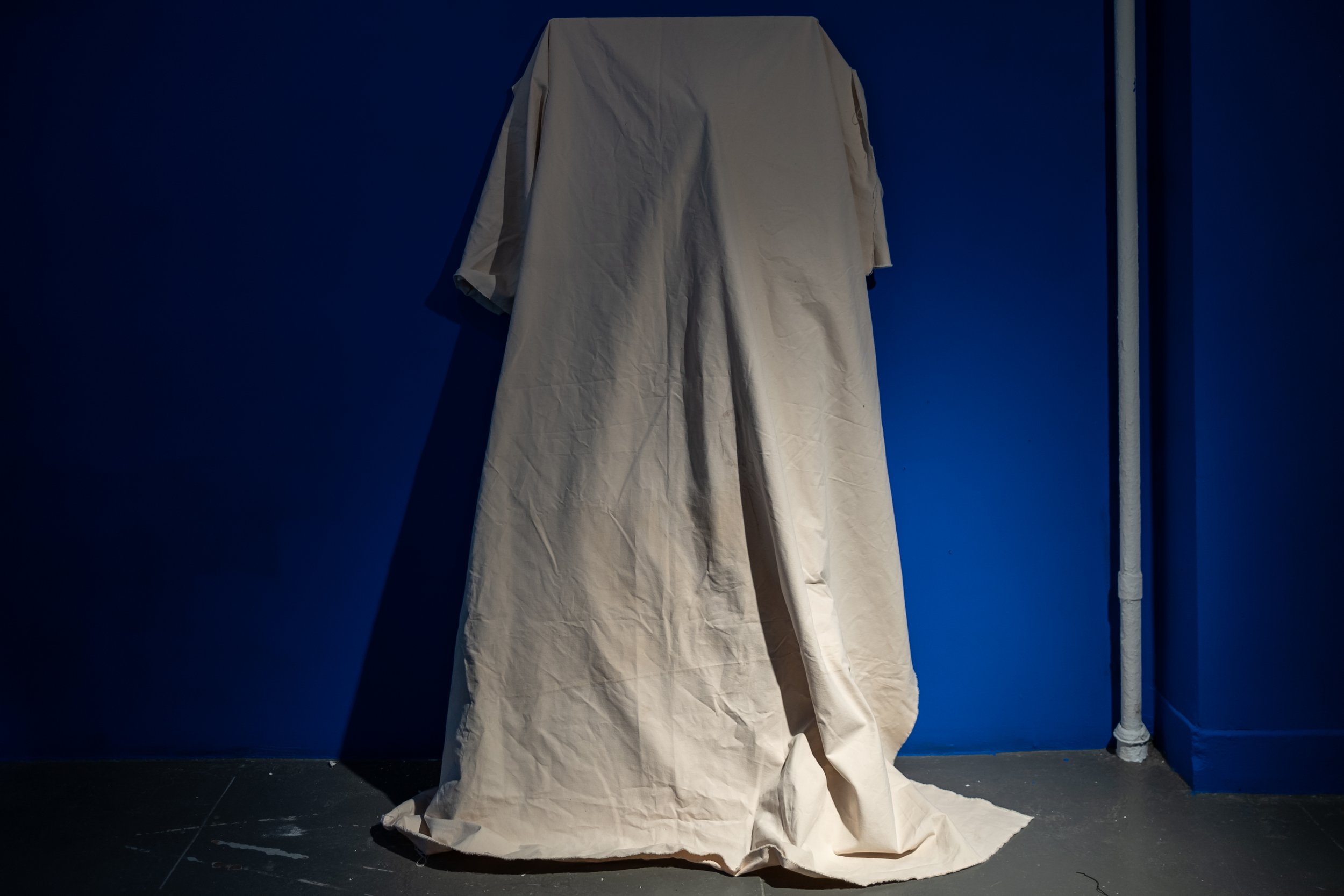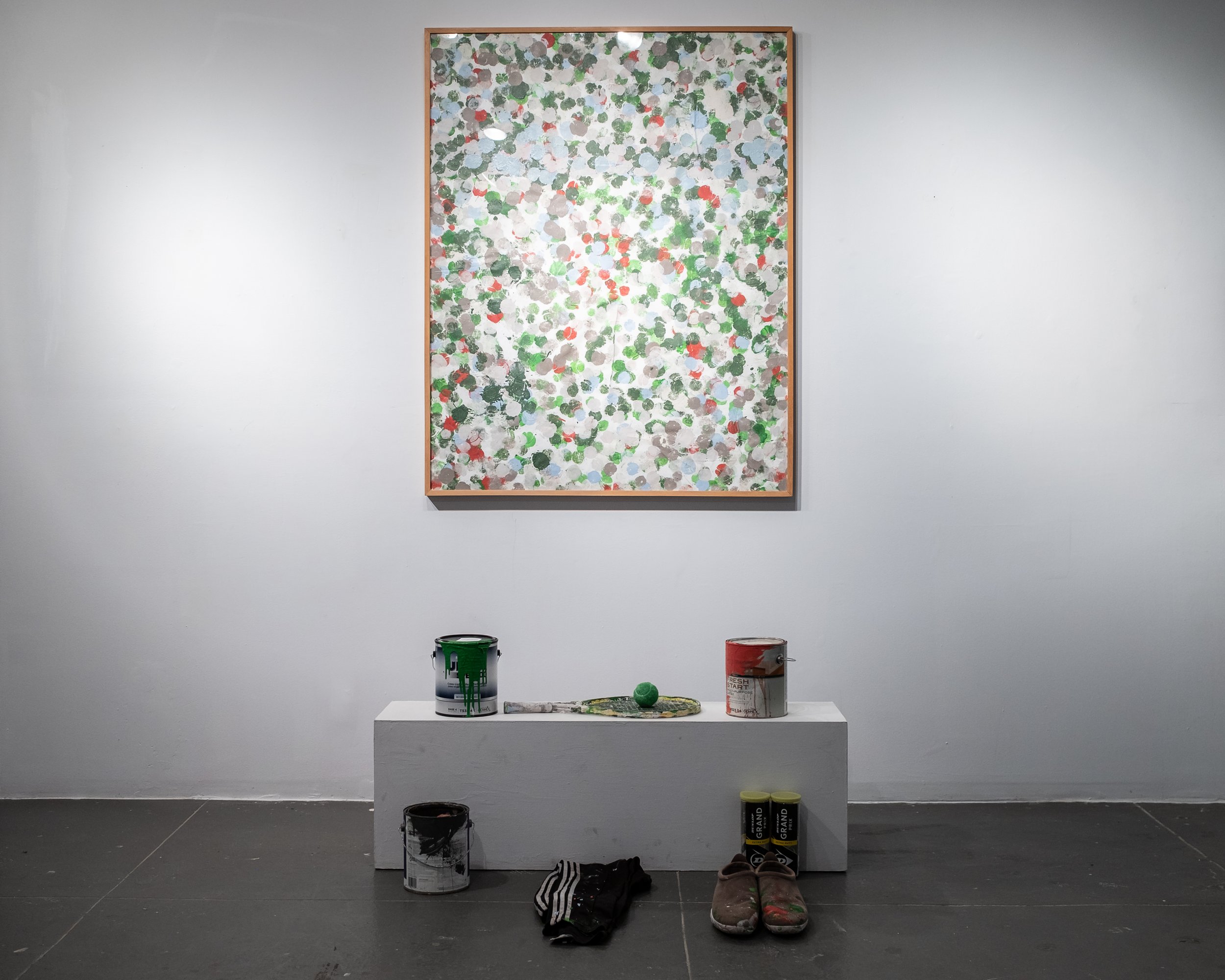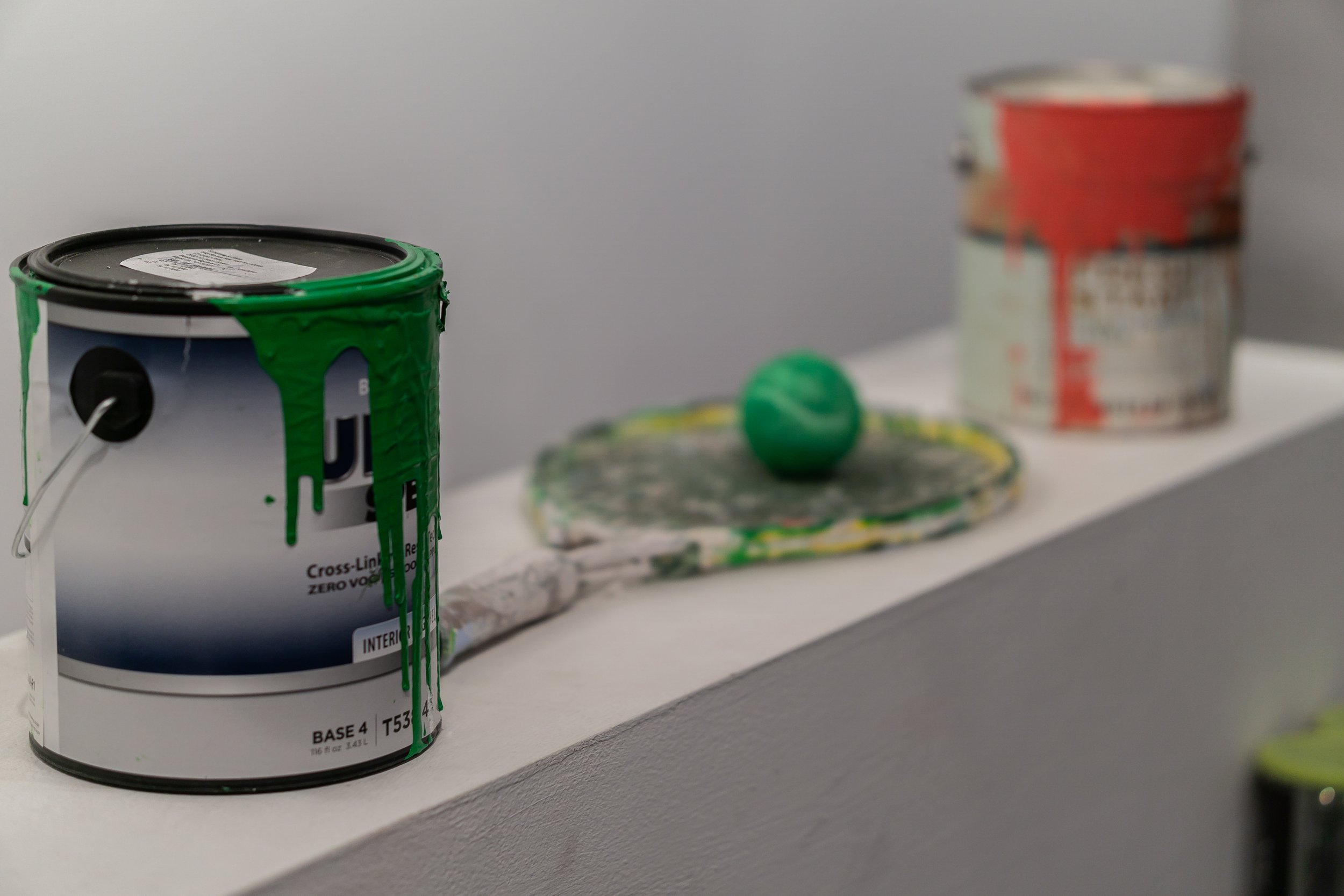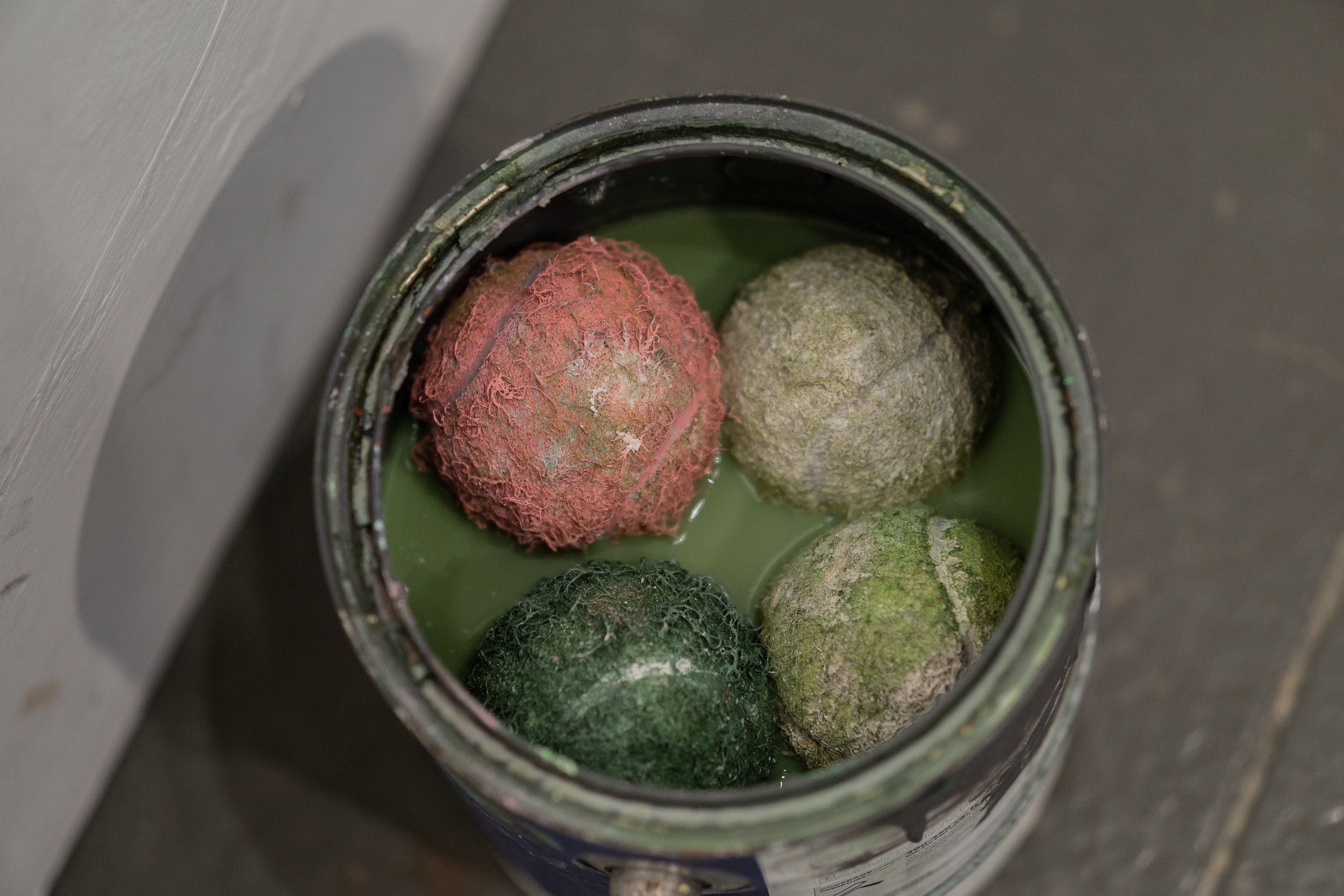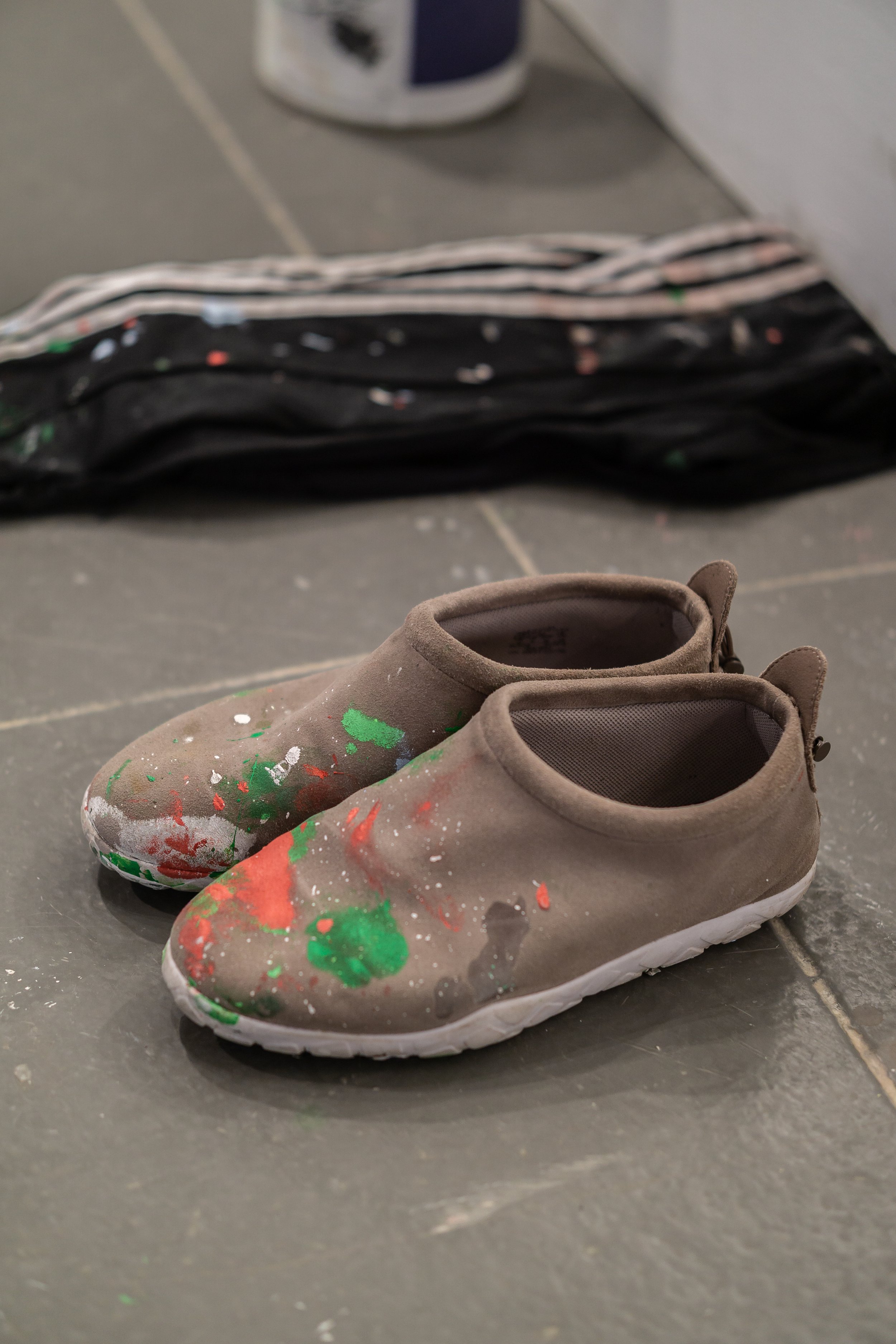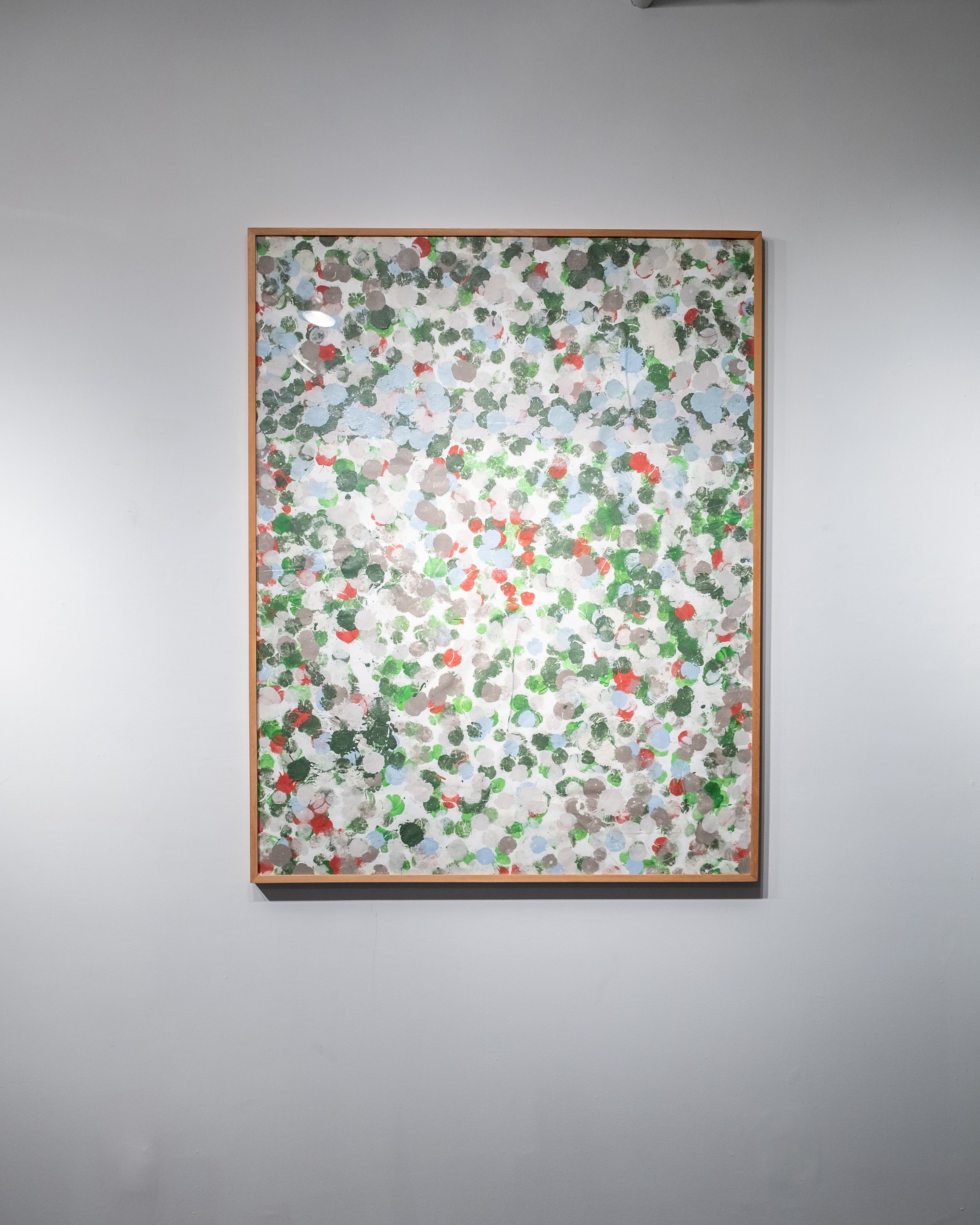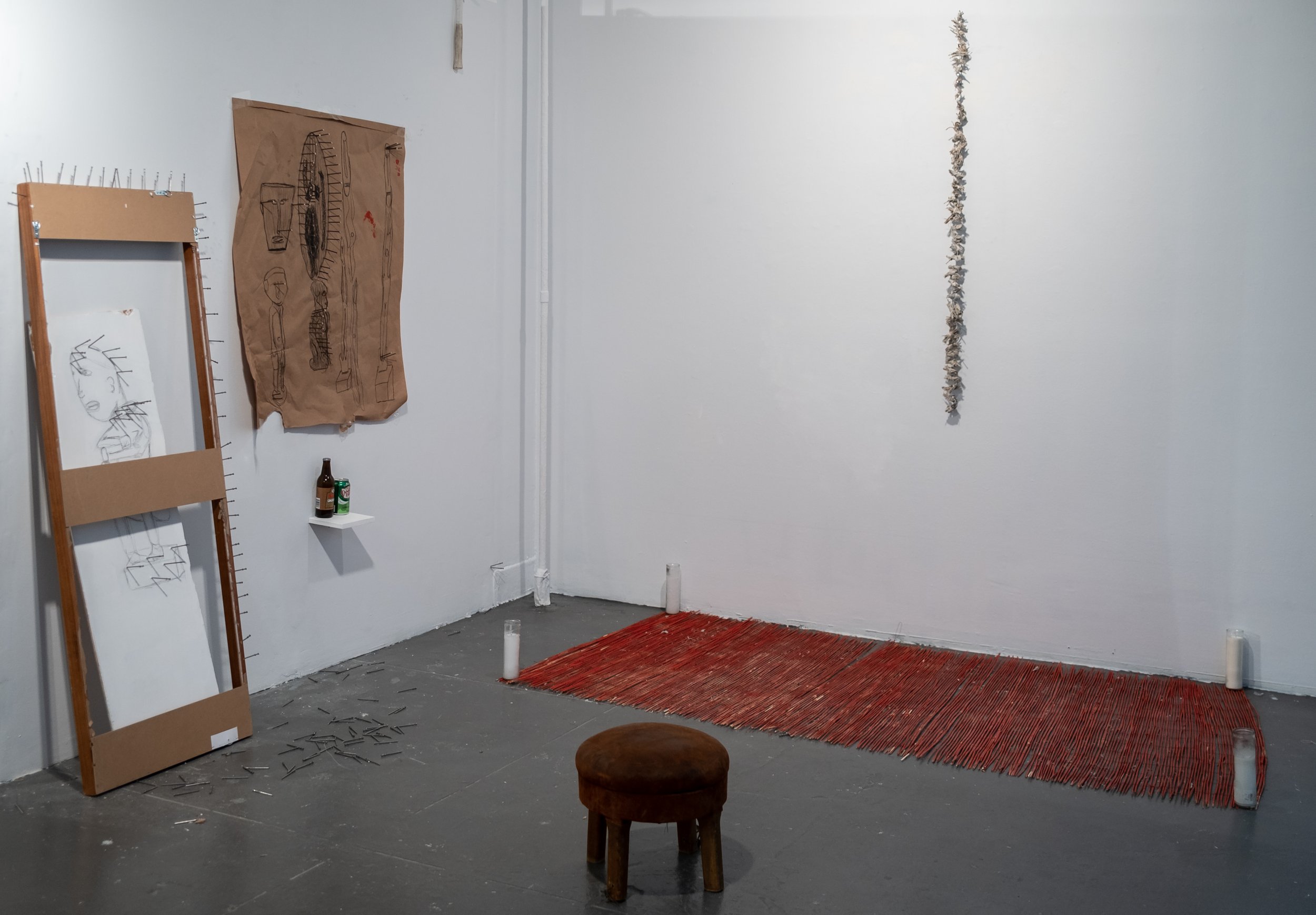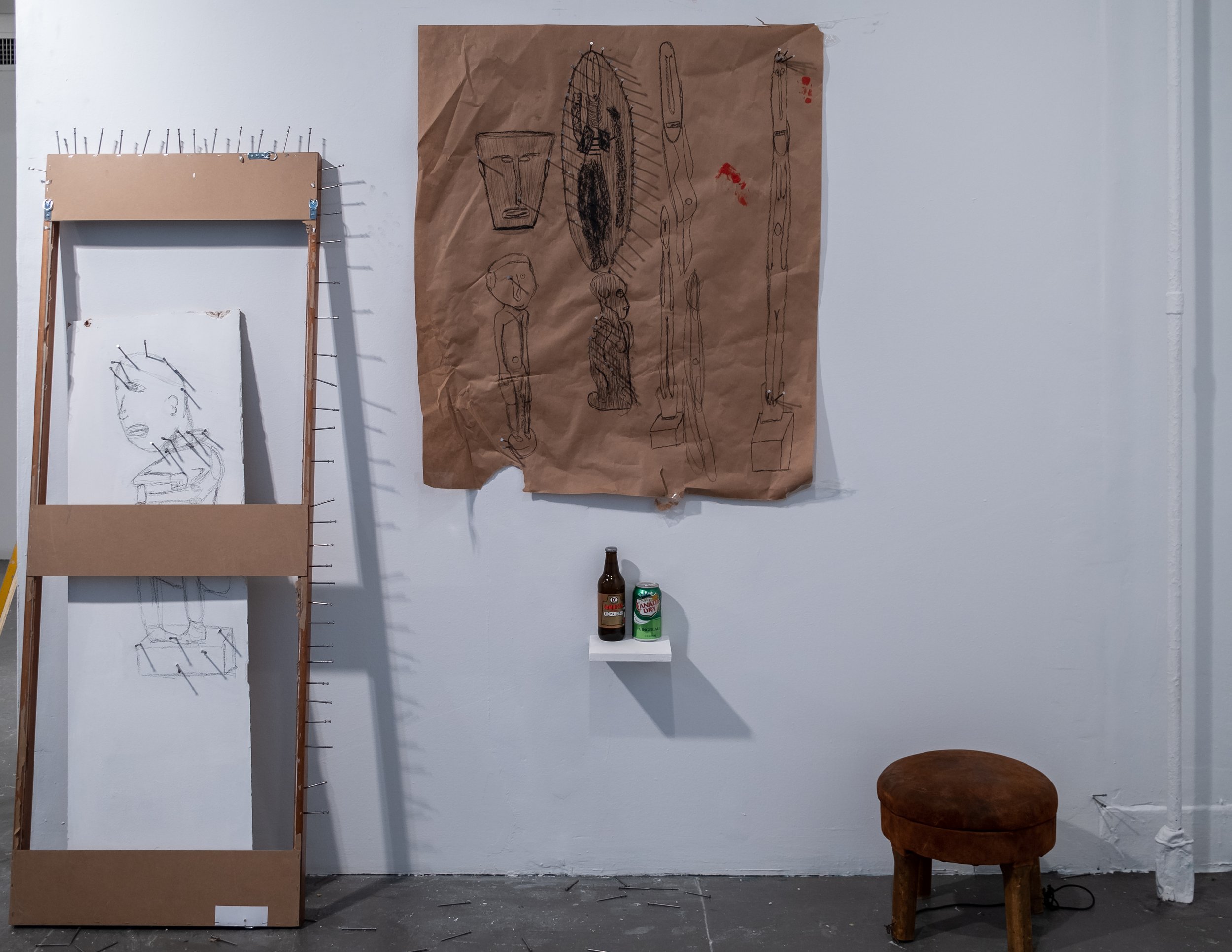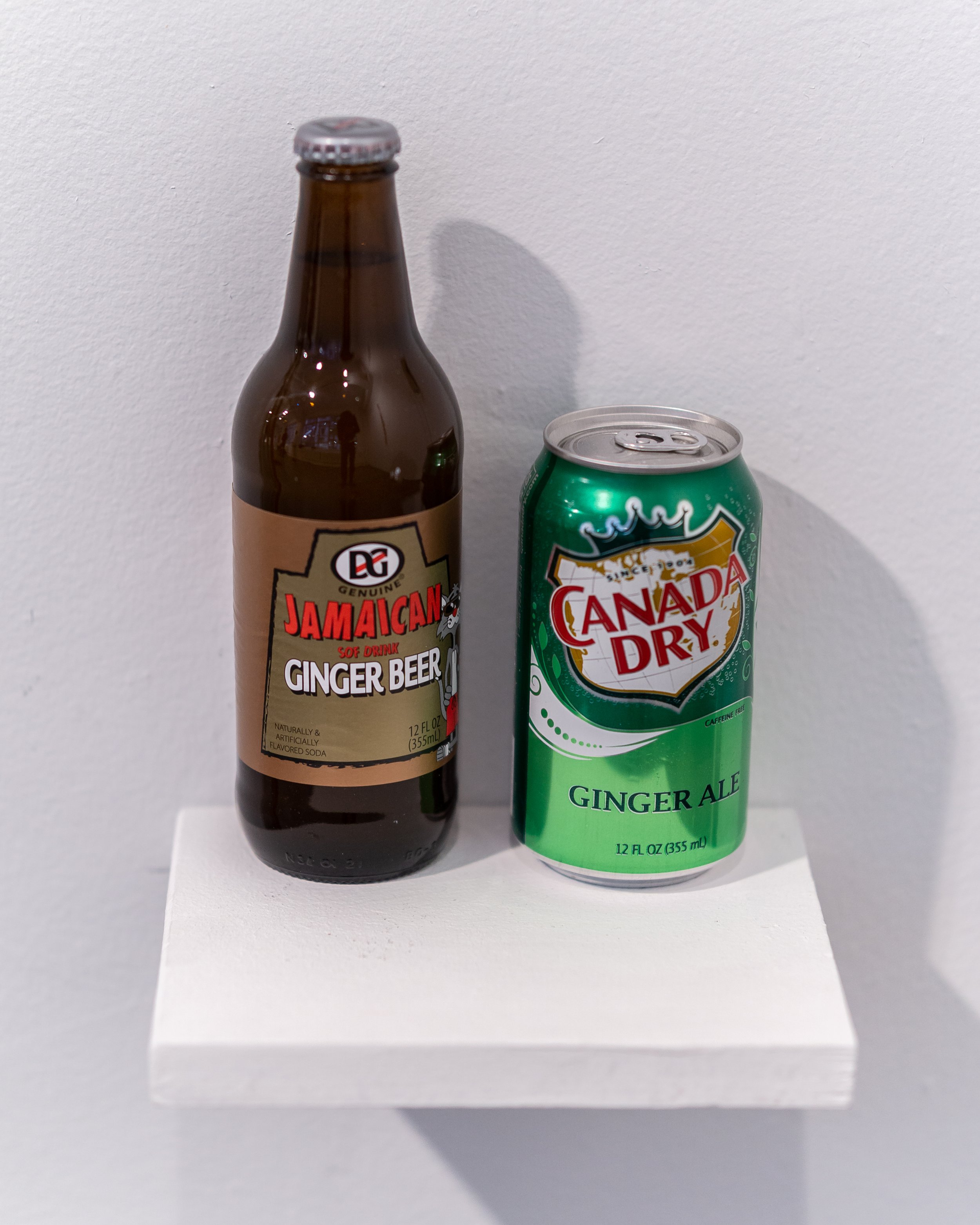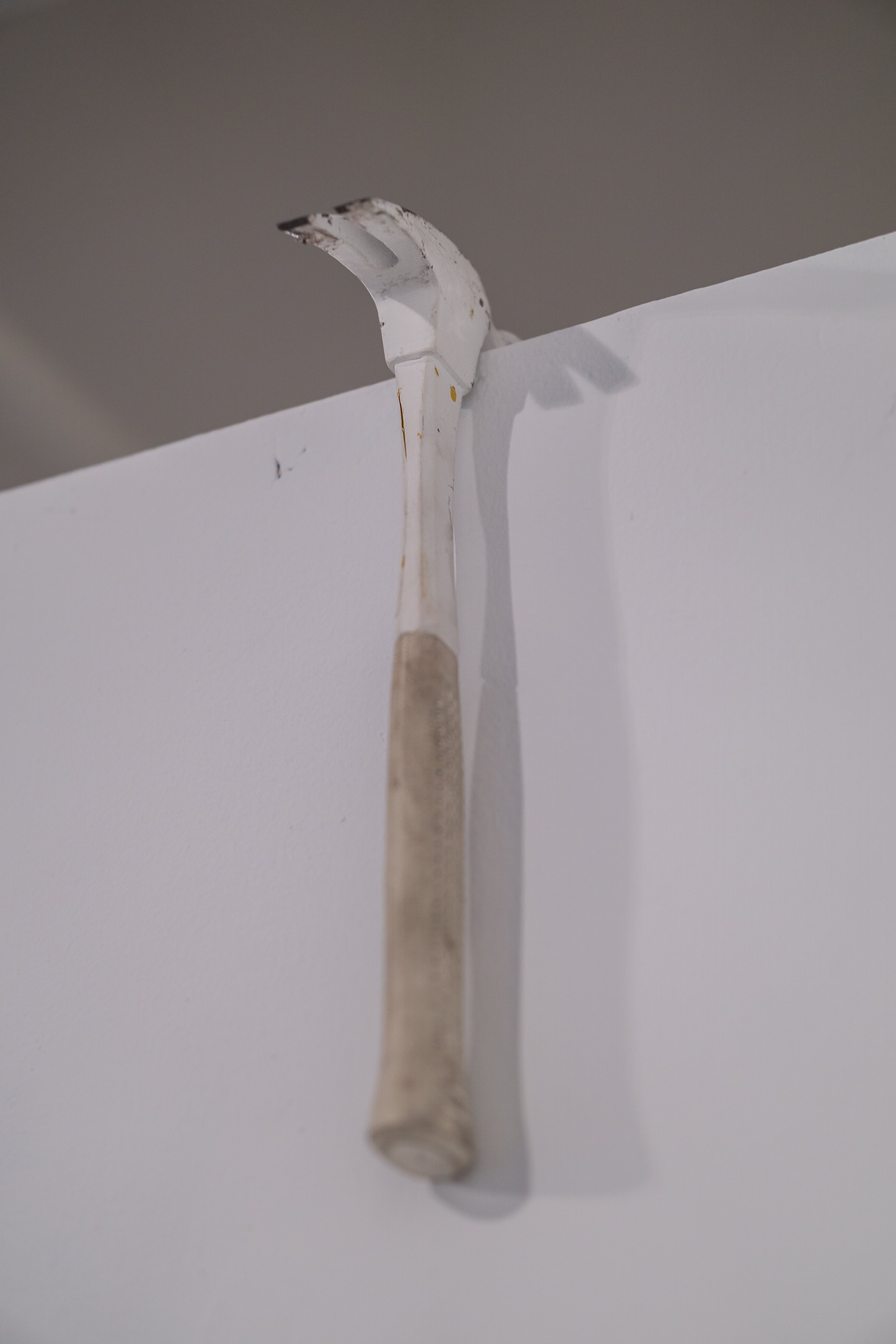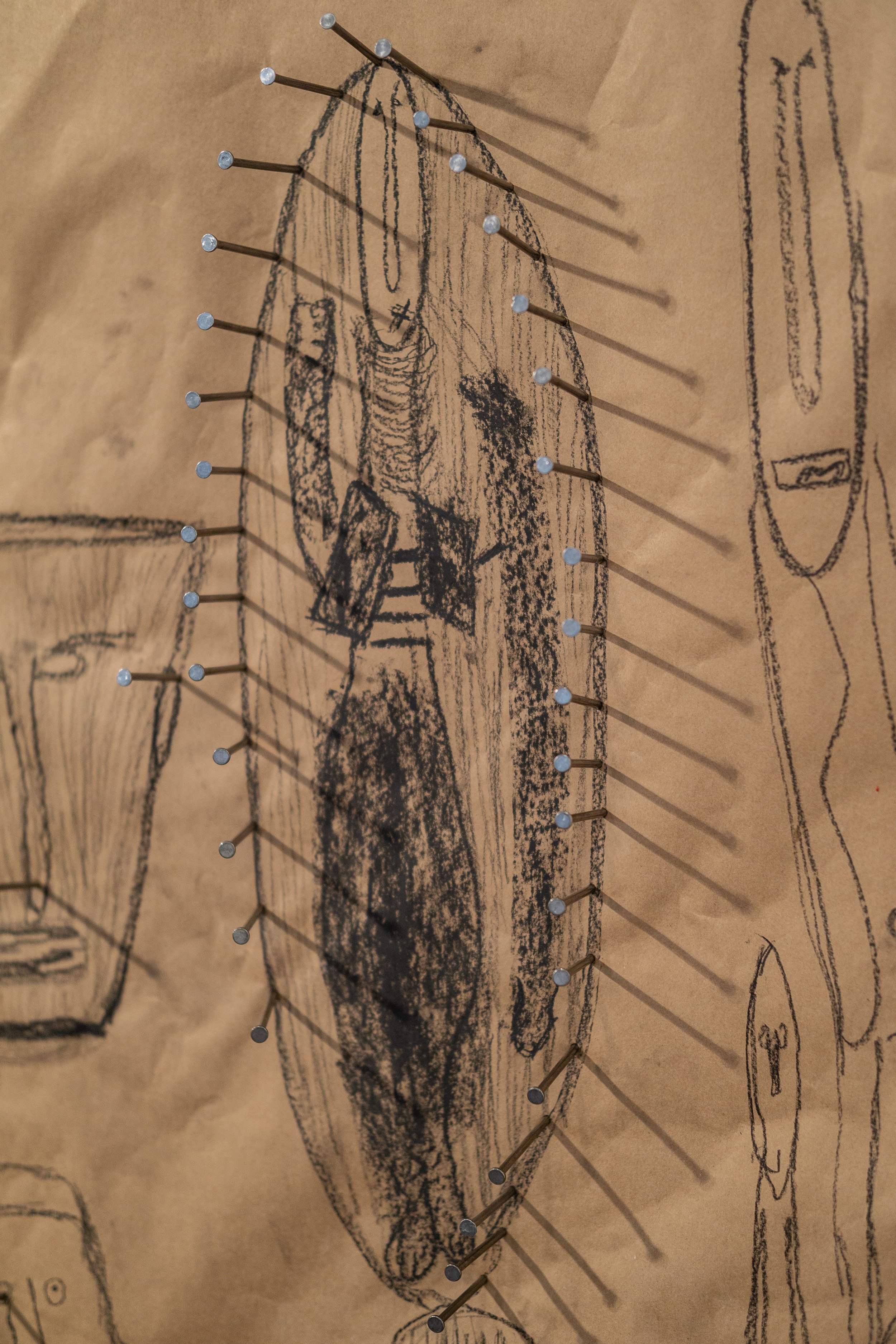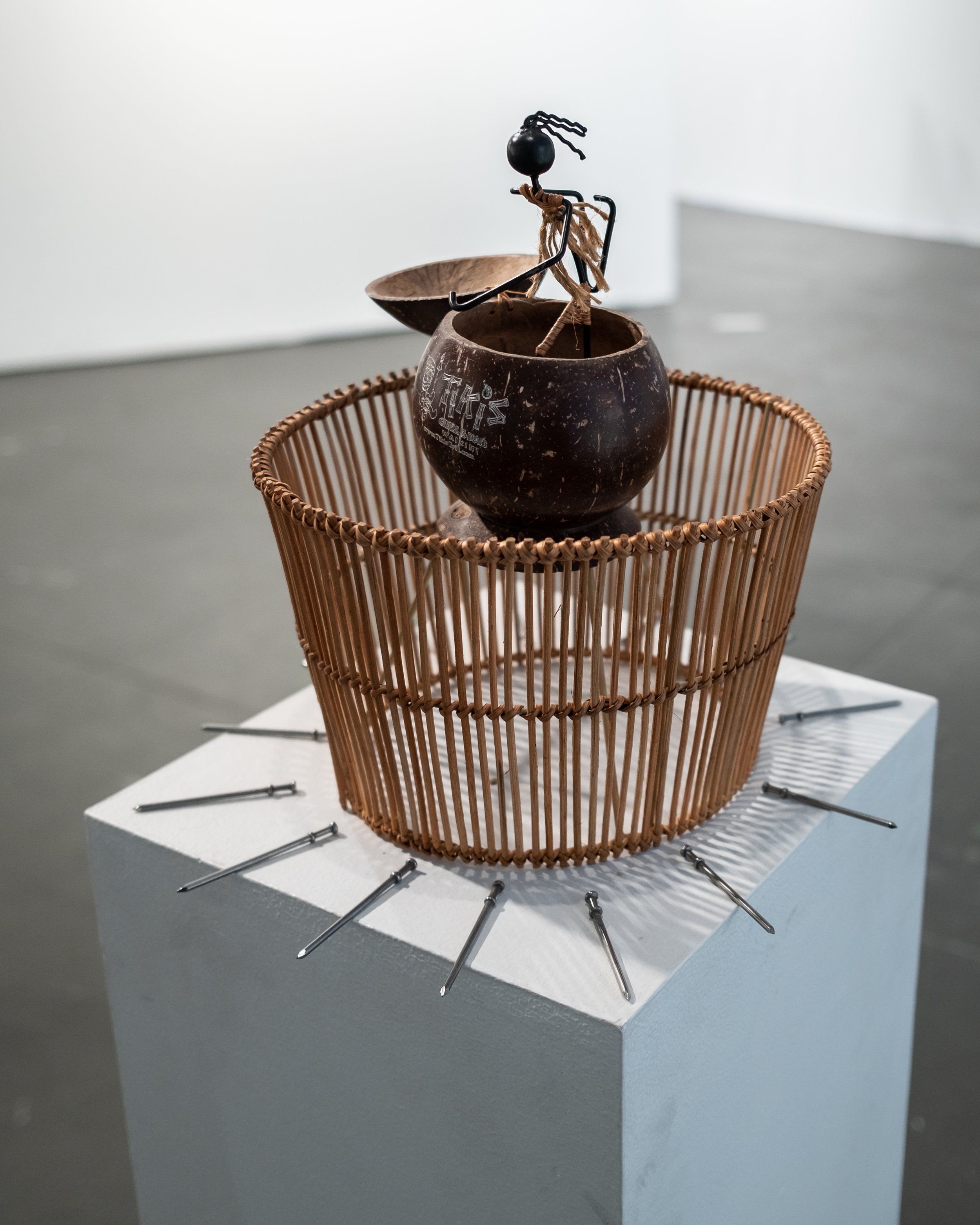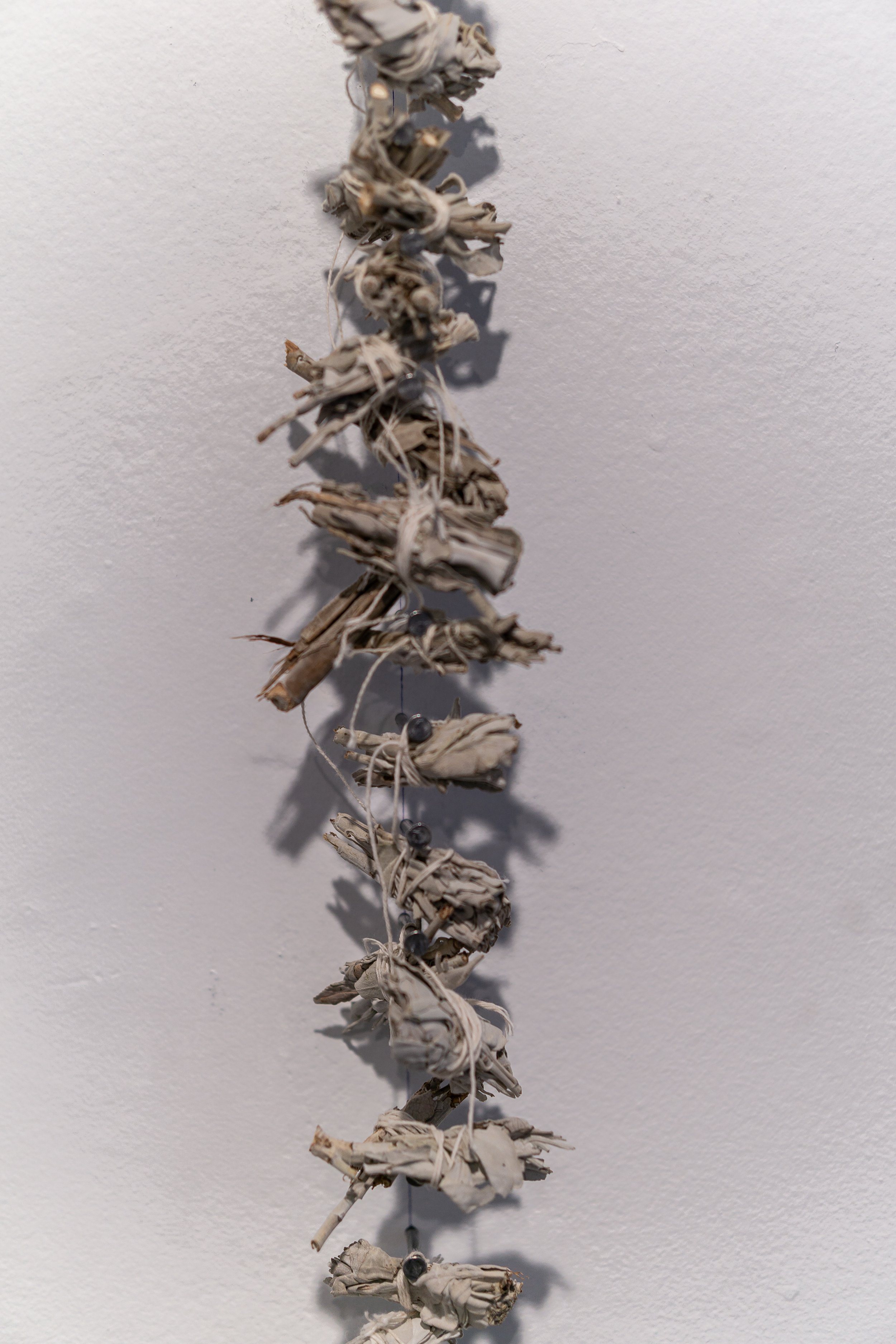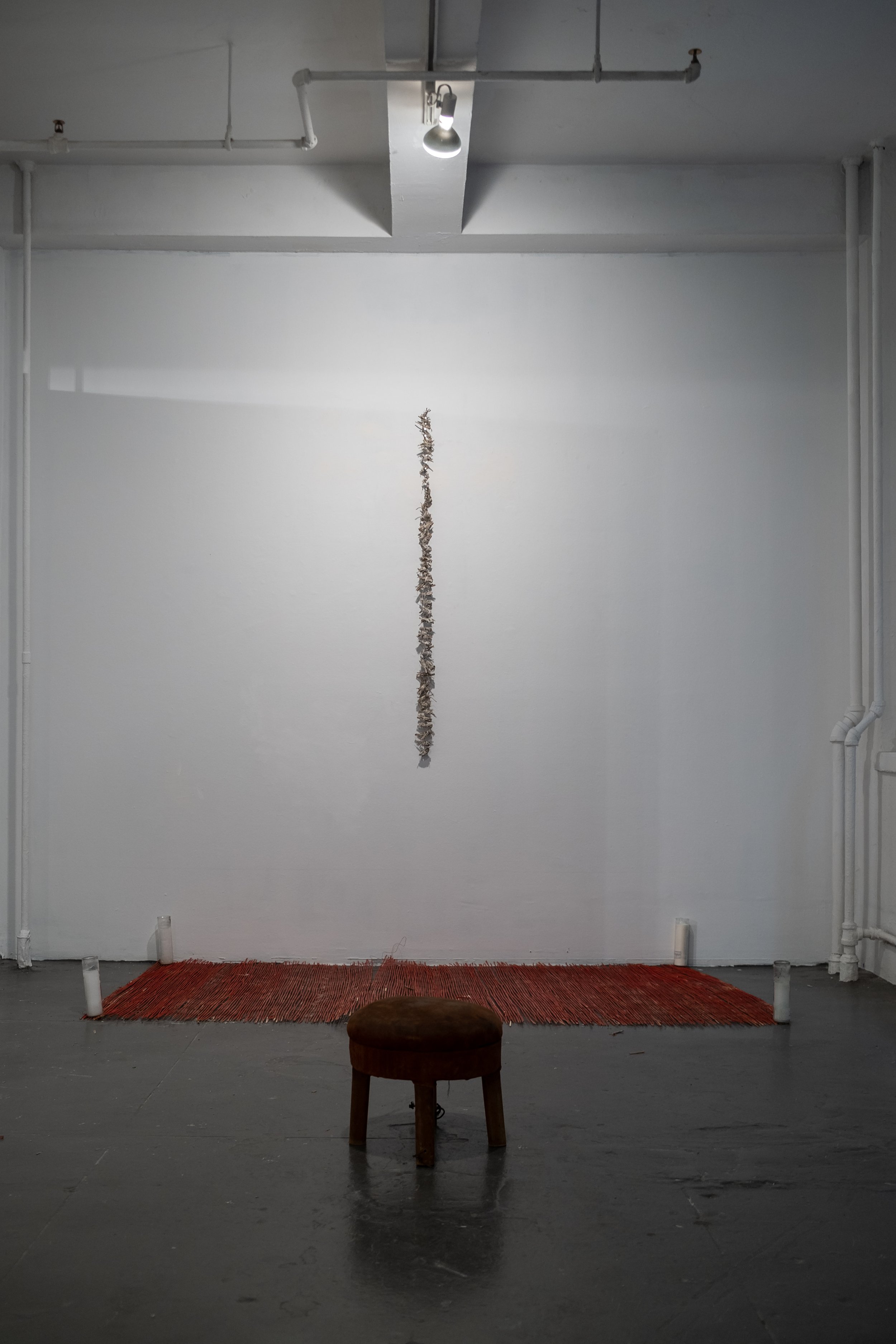On View: December 4-18, 2021
Jank Museum Artists-in-Residence:
Kamari Carter
Lamar Robillard
Jank Museum — organized by artist, poet and curator Anaïs Duplan and the Center for Afrofuturist Studies (CAS), and co-presented by EFA Project Space — investigates the idea of “jank,” speculating around objects made with limited resources to meet an immediate survival need.
Taking cues from Adrian Piper in her essay, “The Joy of Marginality,” Jank Museum invites artists who make work from the margins to center their own survival, persistence, and futurity. Jank Museum was envisioned as a two-week residency in EFA Project Space's 2500 square foot gallery for two artists of color, each tasked with creating one piece of “jank” every day for 10 days.
Artists Kamari Carter and Lamar Robillard were invited after a competitive open call, and were provided with material resources and an honorarium as well as studio visits with EFA staff and visiting curators, along with 24/7 access to Project Space over the duration the residency period.
About the Artists
Kamari Carter is a producer, performer, sound designer, and installation artist primarily working with sound and found objects. Carter's practice circumvents materiality and familiarity through a variety of recording and amplification techniques to investigate notions such as space, systems of identity, oppression, control, and surveillance. Driven by the probative nature of perception and the concept of conversation and social science, he seeks to expand narrative structures through sonic stillness. Carter’s work has been exhibited at such venues as Automata Arts, MoMA, Mana Contemporary, Flux Factory, Fridman Gallery, Lenfest Center for the Arts, WaveHill and Issue Project Room, to name a few. Carter holds a BFA in Music Technology from California Institute of the Arts and an MFA in Sound Art from Columbia University.
Lamar Robillard is a conceptual artist, photographer and educator working primarily with visual familiarity and found objects. Lamar’s practice is an act of resistance that takes a multidisciplinary approach to examining visibility, nonconformity and spirituality as it relates to identity, Black material culture and the self-coined “Unfavored American” experience. Inspired by various forms of literature, media, representation and history, he aims to insert his theory of second class citizenship into the canon through a lifelong exploration of the Unfavoured American experience while simultaneously providing authentic representation for Blackness with the absence of the Black body politic. Lamar’s work has been exhibited nationally and internationally at Art Port Kingston, Bed-Stuy Art House, HAUSEN and Art Helix Gallery.
About the Curator
Anaïs Duplan is a trans* poet, curator, and artist. He is the author of a book of essays, Blackspace: On the Poetics of an Afrofuture (Black Ocean, 2020), a full-length poetry collection, Take This Stallion (Brooklyn Arts Press, 2016), and a chapbook, Mount Carmel and the Blood of Parnassus (Monster House Press, 2017). His writing has been published by Hyperallergic, PBS News Hour, the Academy of American Poets, Poetry Society of America, and the Bettering American Poetry anthology. Duplan is the founding curator for the Center for Afrofuturist Studies, an artist residency program for artists of color, based in Iowa City. As an independent curator, he has facilitated artist projects in Chicago, Boston, Santa Fe, and Reykjavík. Duplan’s video and performance work has been shown at Flux Factory, Daata Editions, the 13th Baltic Triennial in Lithuania, Mathew Gallery, NeueHouse, the Paseo Project, and the Institute of Contemporary Art in L.A in 2020. He was a 2017-2019 joint Public Programs Fellow at the Museum of Modern Art and the Studio Museum in Harlem.
About the Center for Afrofuturist Studies
The Center for Afrofuturist Studies (CAS) is an artist residency and programming initiative that reimagines the futures of marginalized people by creating dynamic workspaces for artists of color. Dynamic means interactive, supportive, community-engaged, rigorous, and inclusive. The CAS rethinks and challenges what an arts practice that revolves around Black futurity looks like—through long-term engagement and financial, logistical, and programmatic support. Since 2016, we have hosted residencies for 18 Black artists, writers, dancers, filmmakers, and scholars, and worked with many more to collaboratively produce exhibitions, workshops, and other programming. The CAS also maintains a growing public reading room and archive at its home base at Public Space One in Iowa City.
Intro to Jank Museum – Curatorial Text/Video by Anaïs Duplan
How I Went Jank (4/29/22), with Kamari Carter and Lamar Robillard, in conversation with Anaïs Duplan, Dellyssa Edinboro, and John Engelbrecht

